|
New
Releases |
January 16, 2026
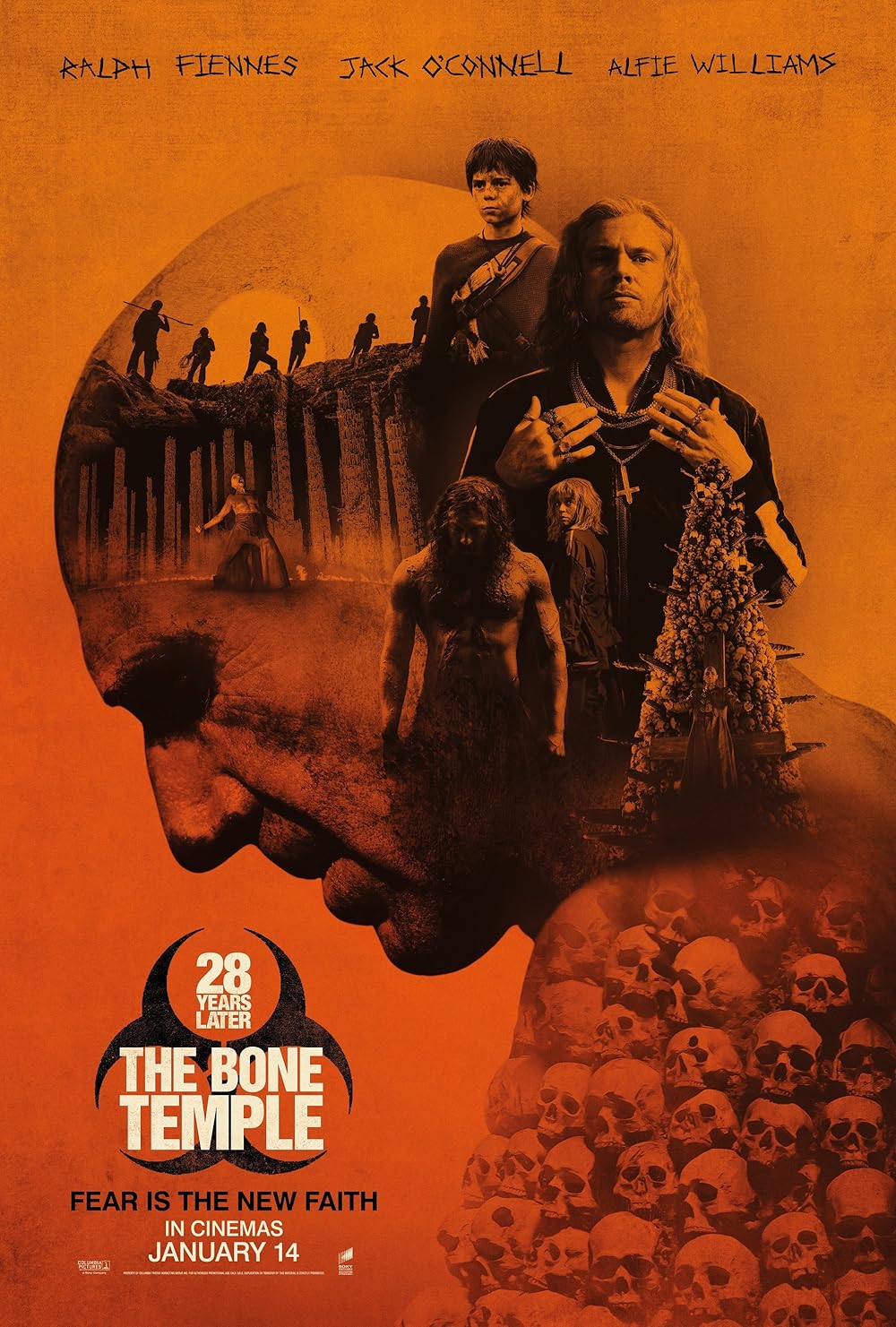
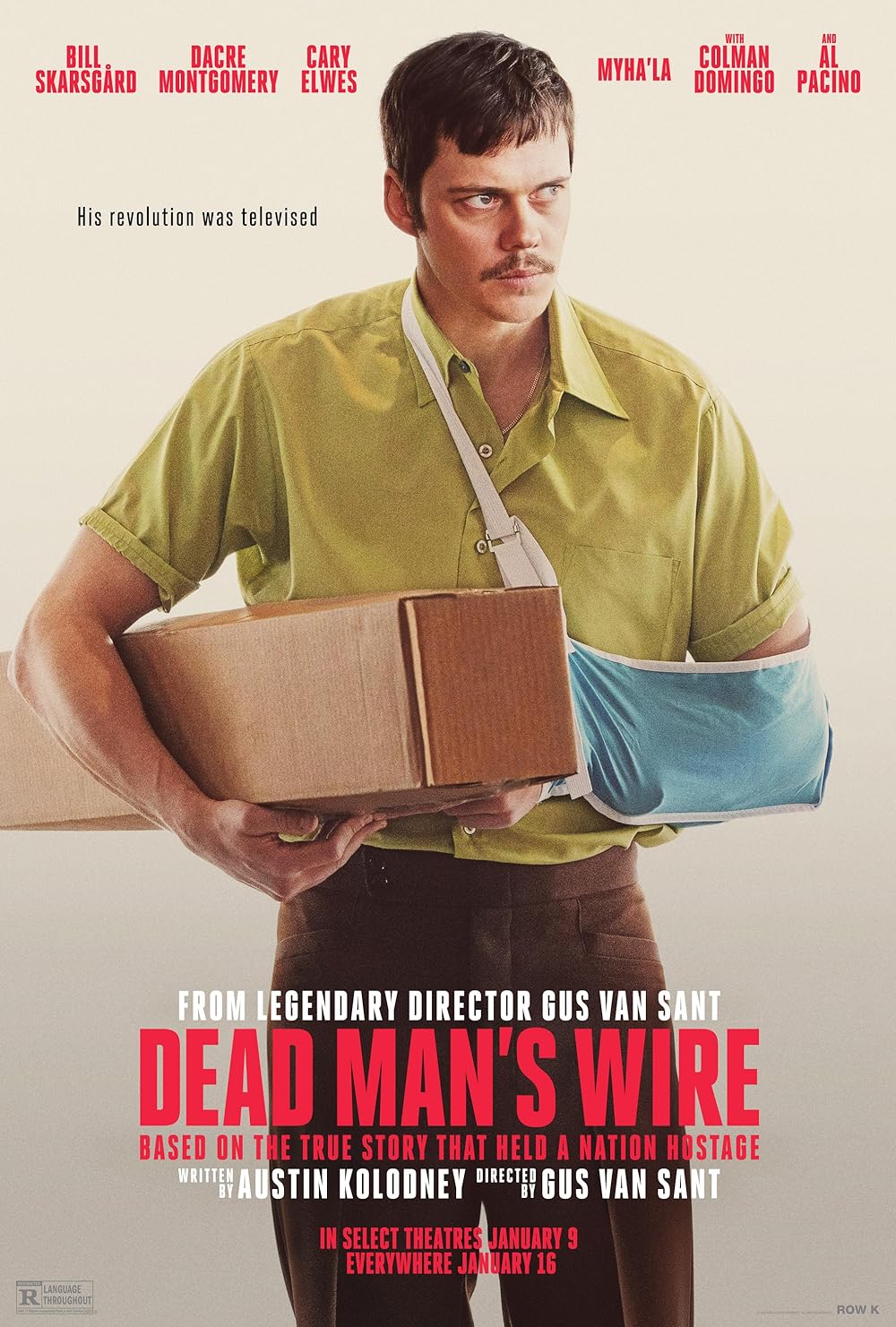
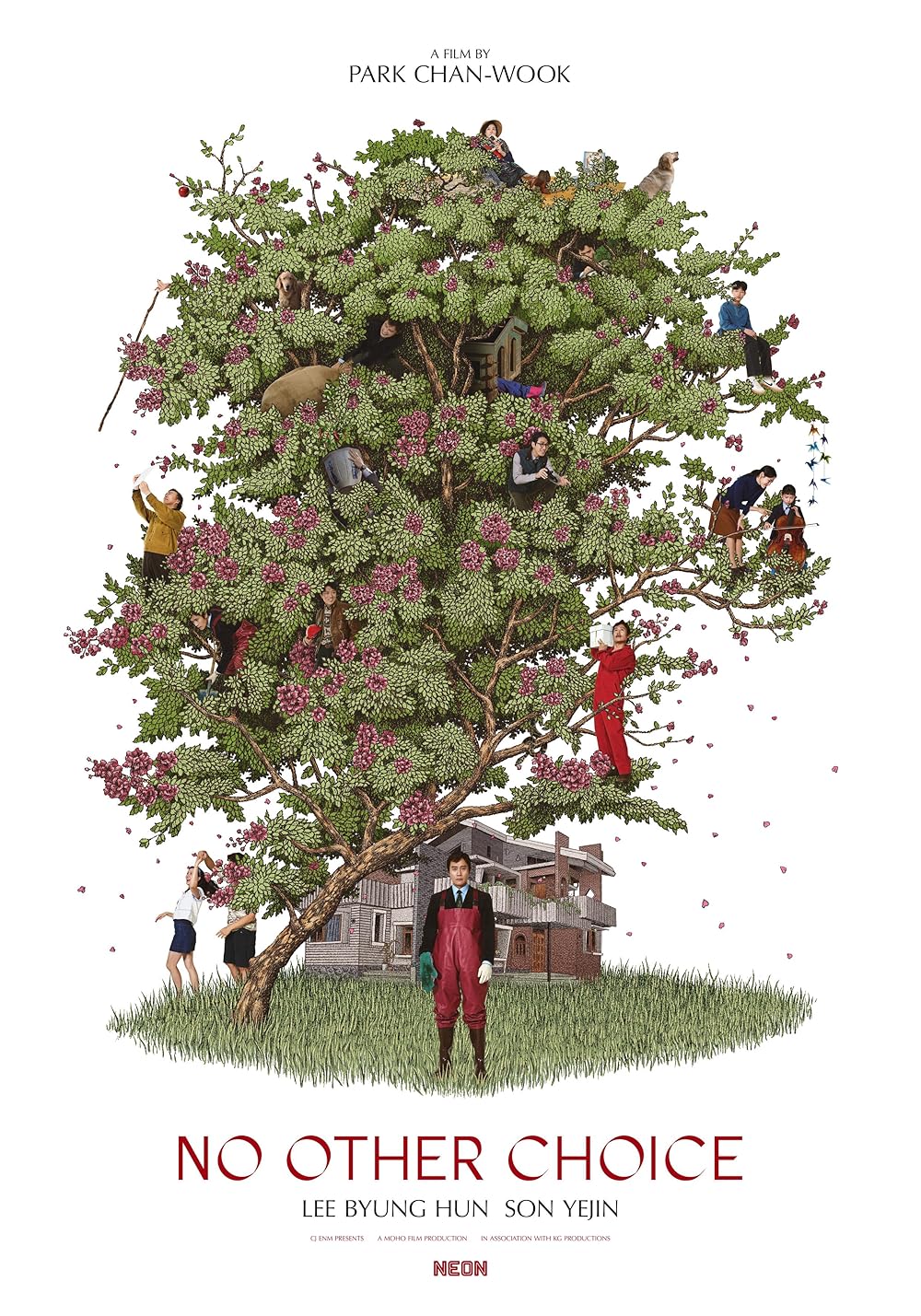
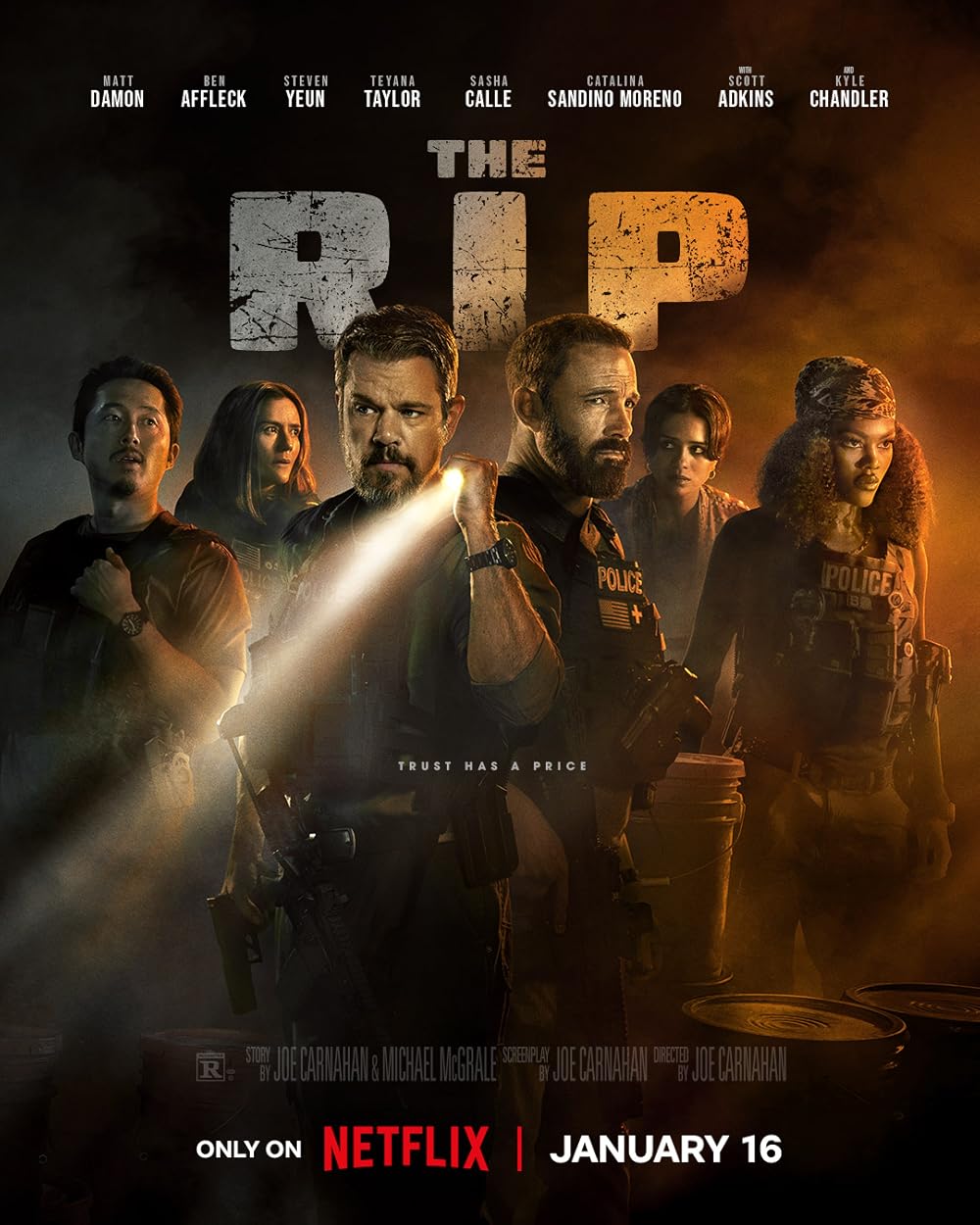 |
January 9, 2026
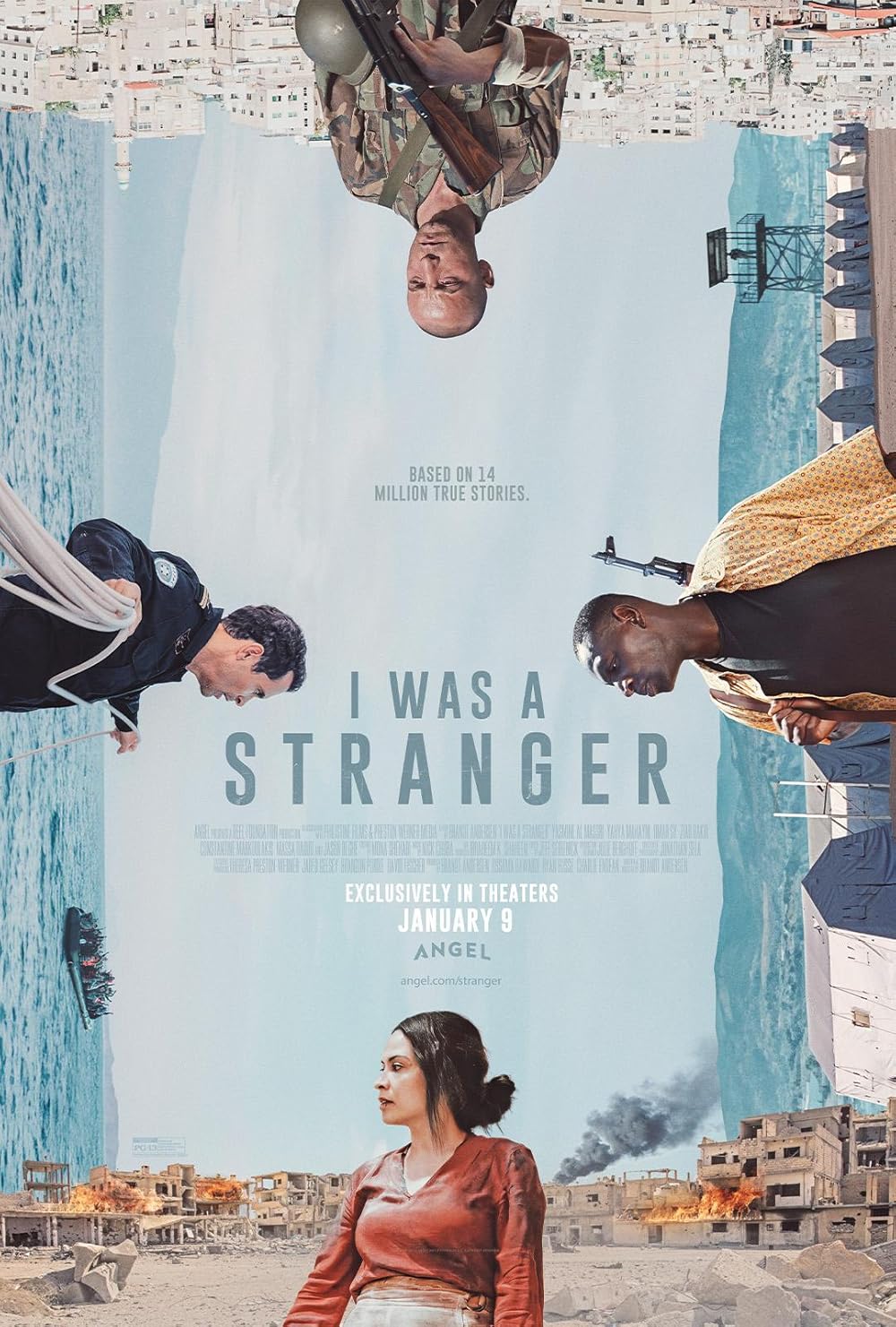
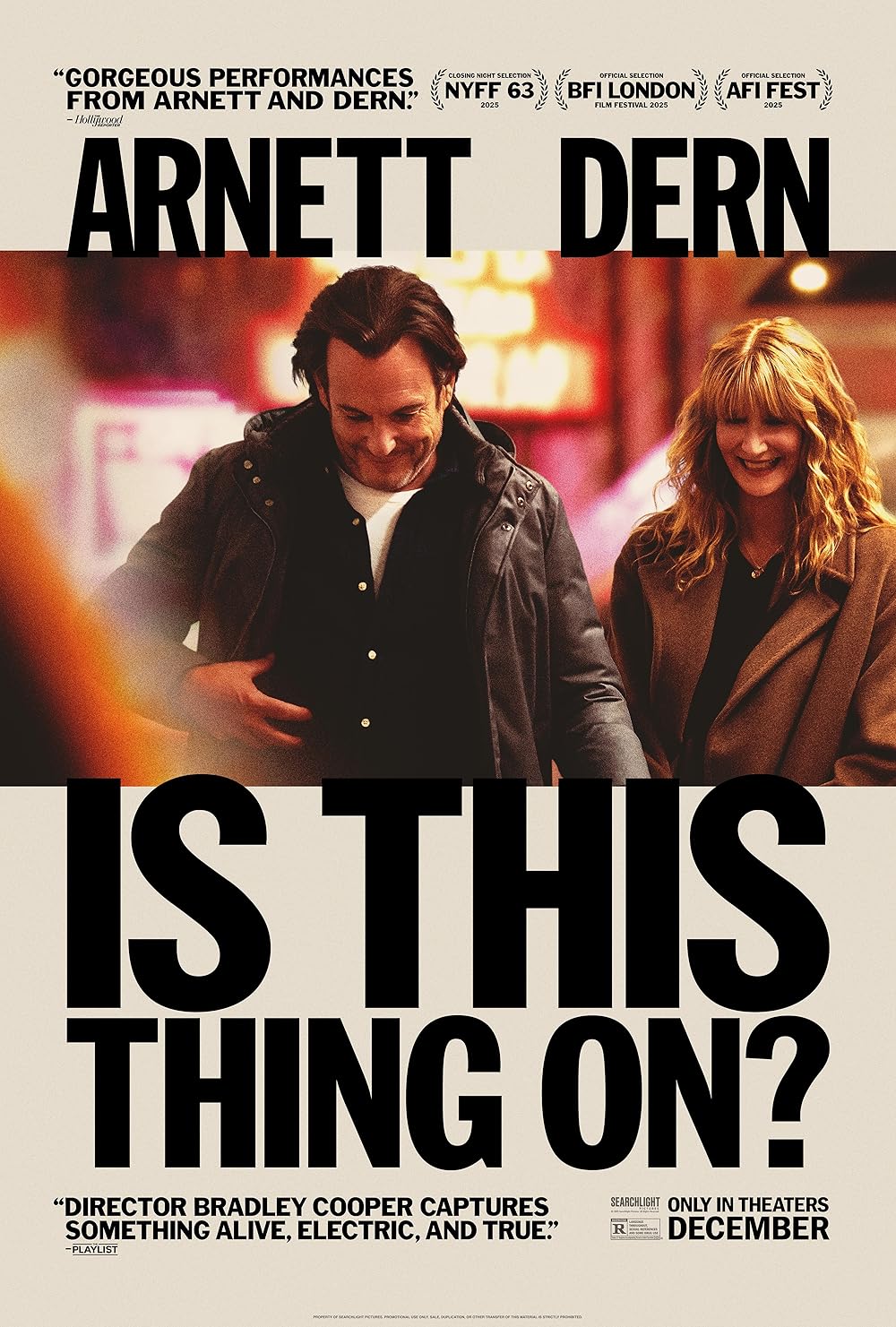 |
January 2, 2026
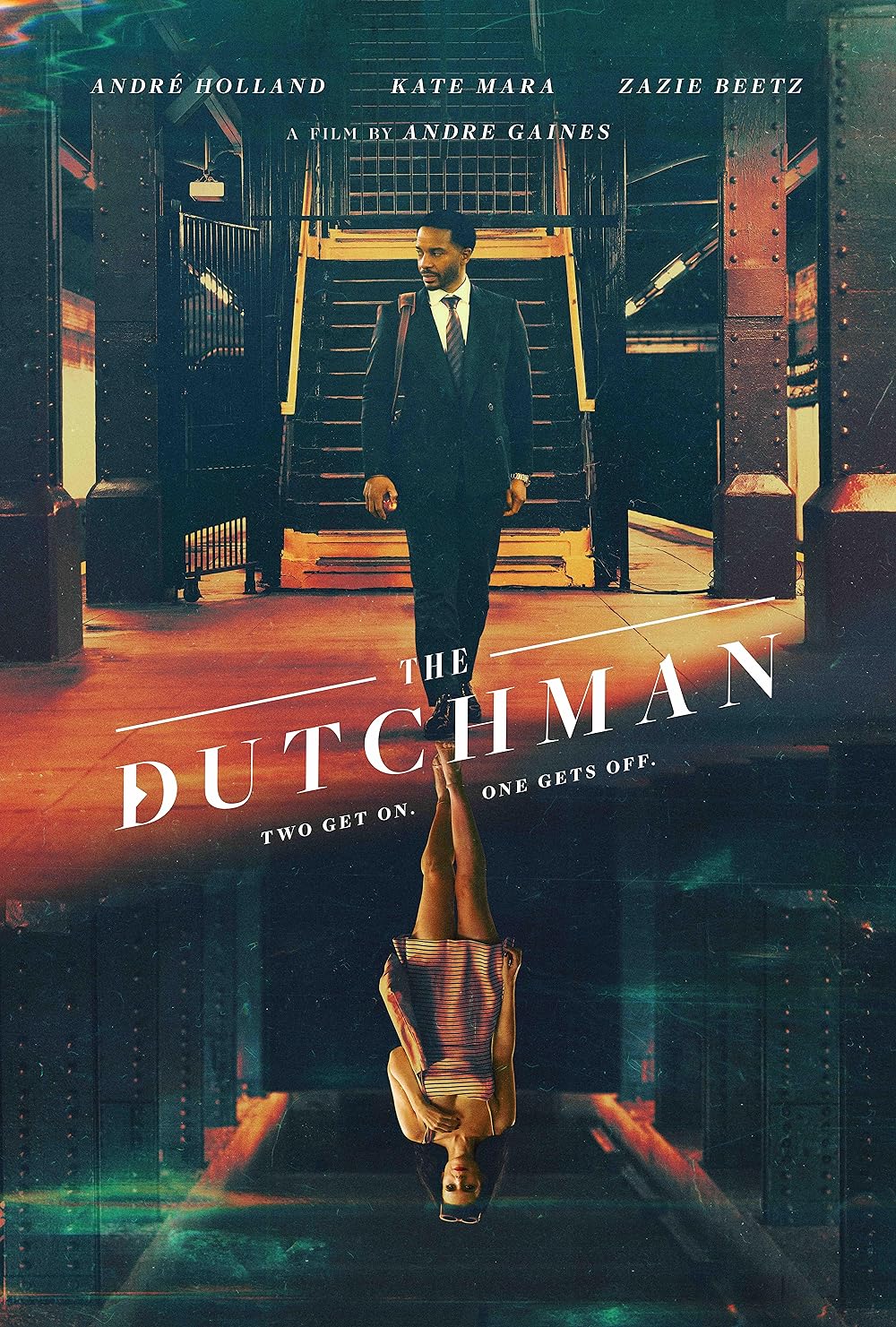
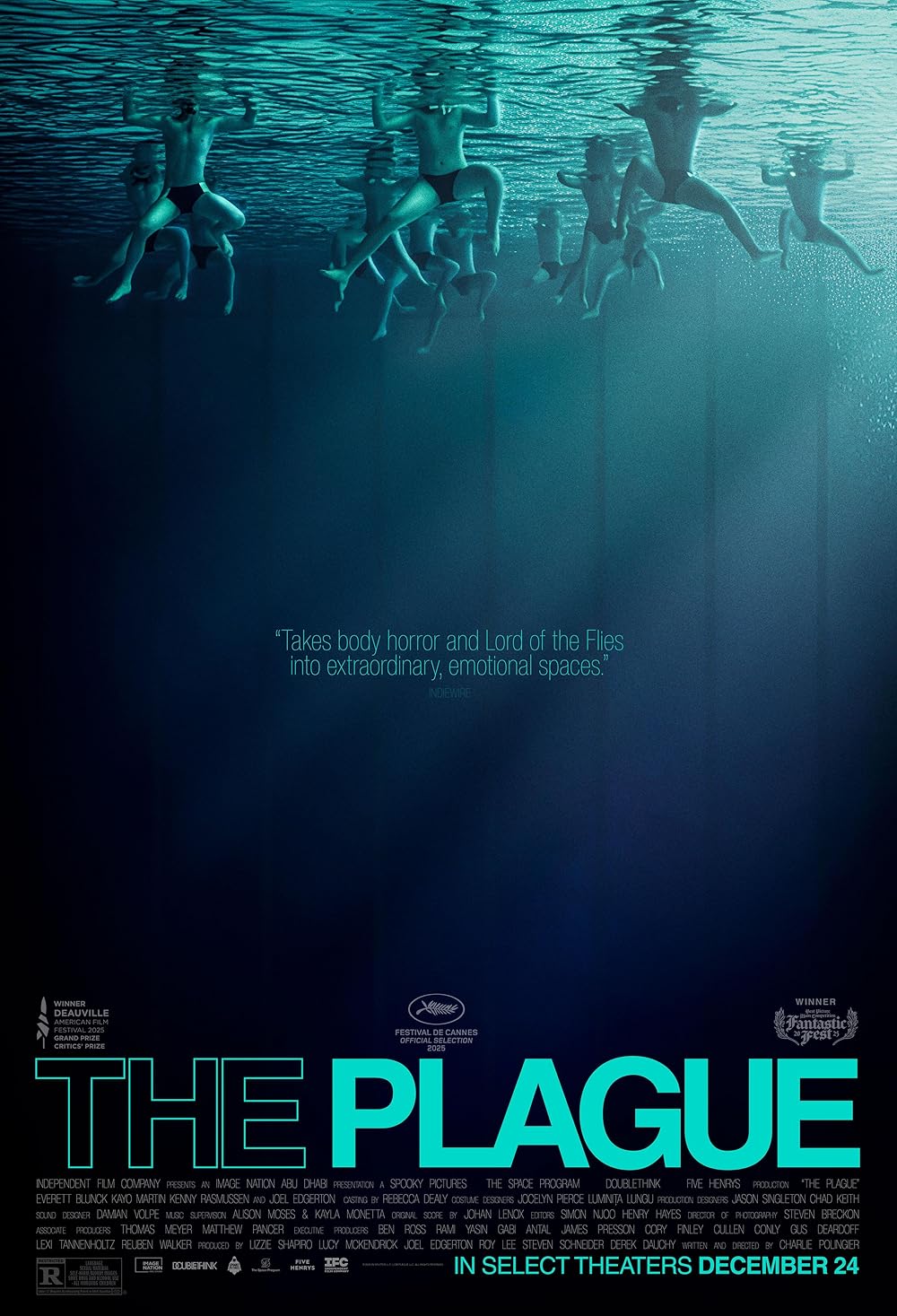
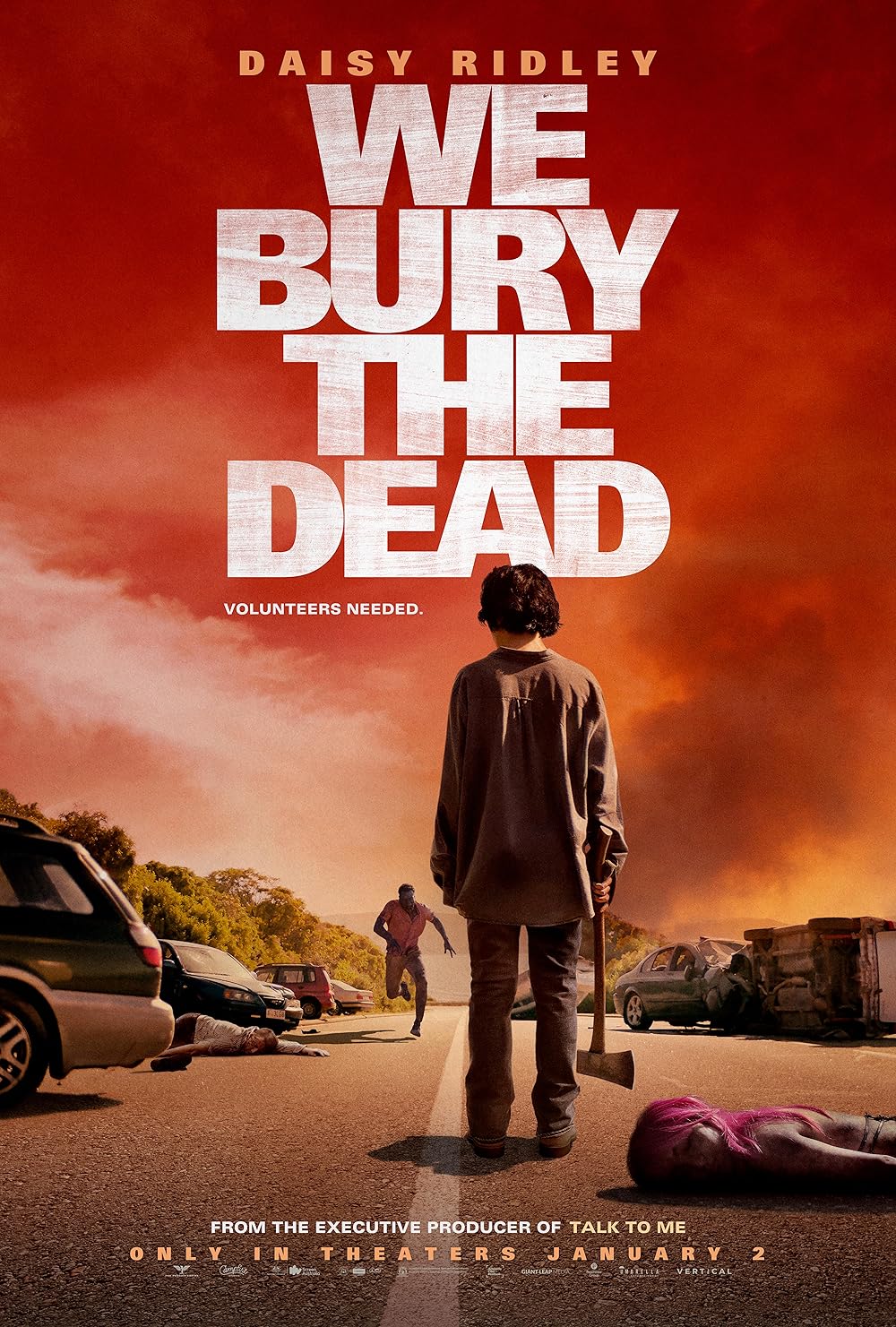 |
December 26, 2025

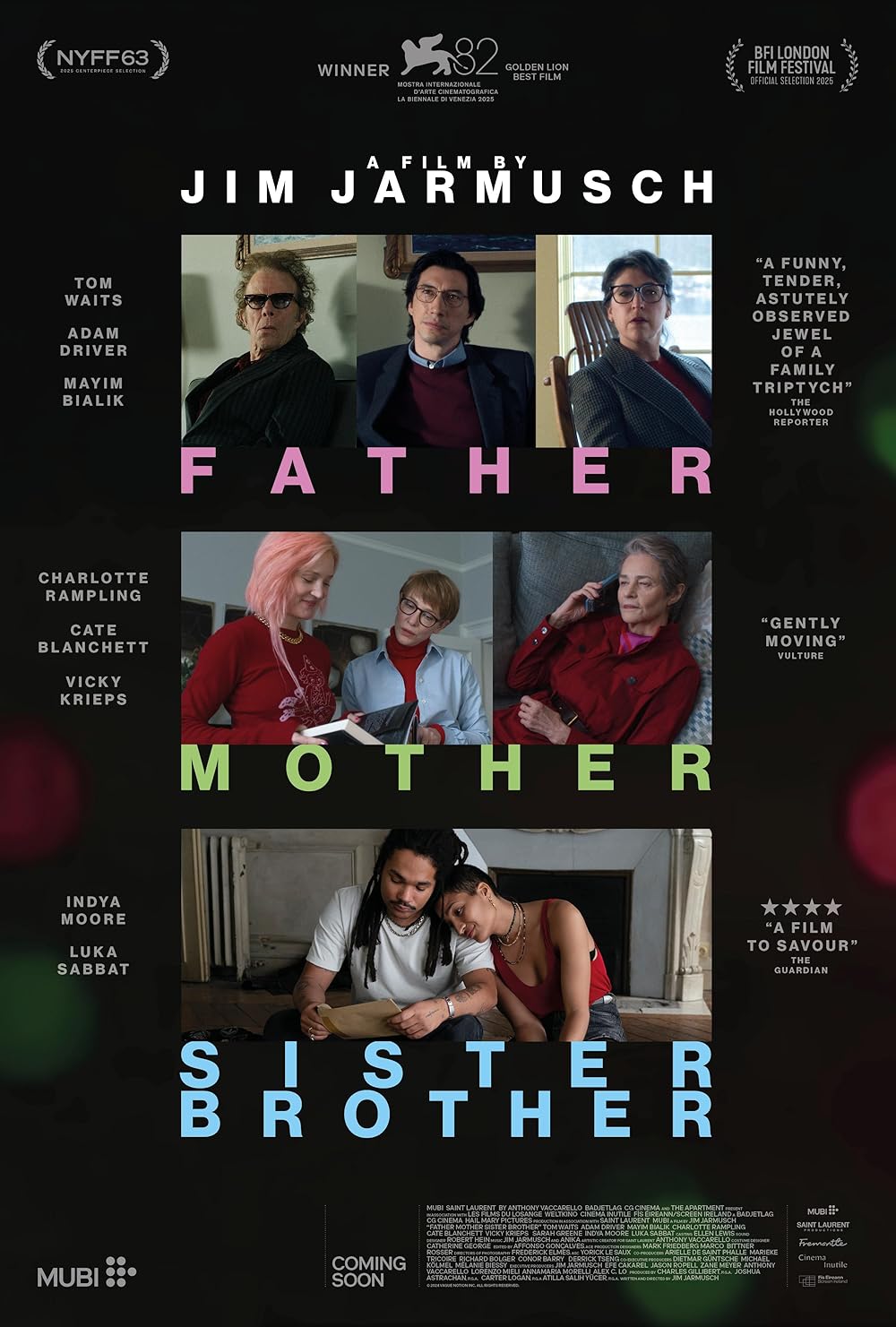
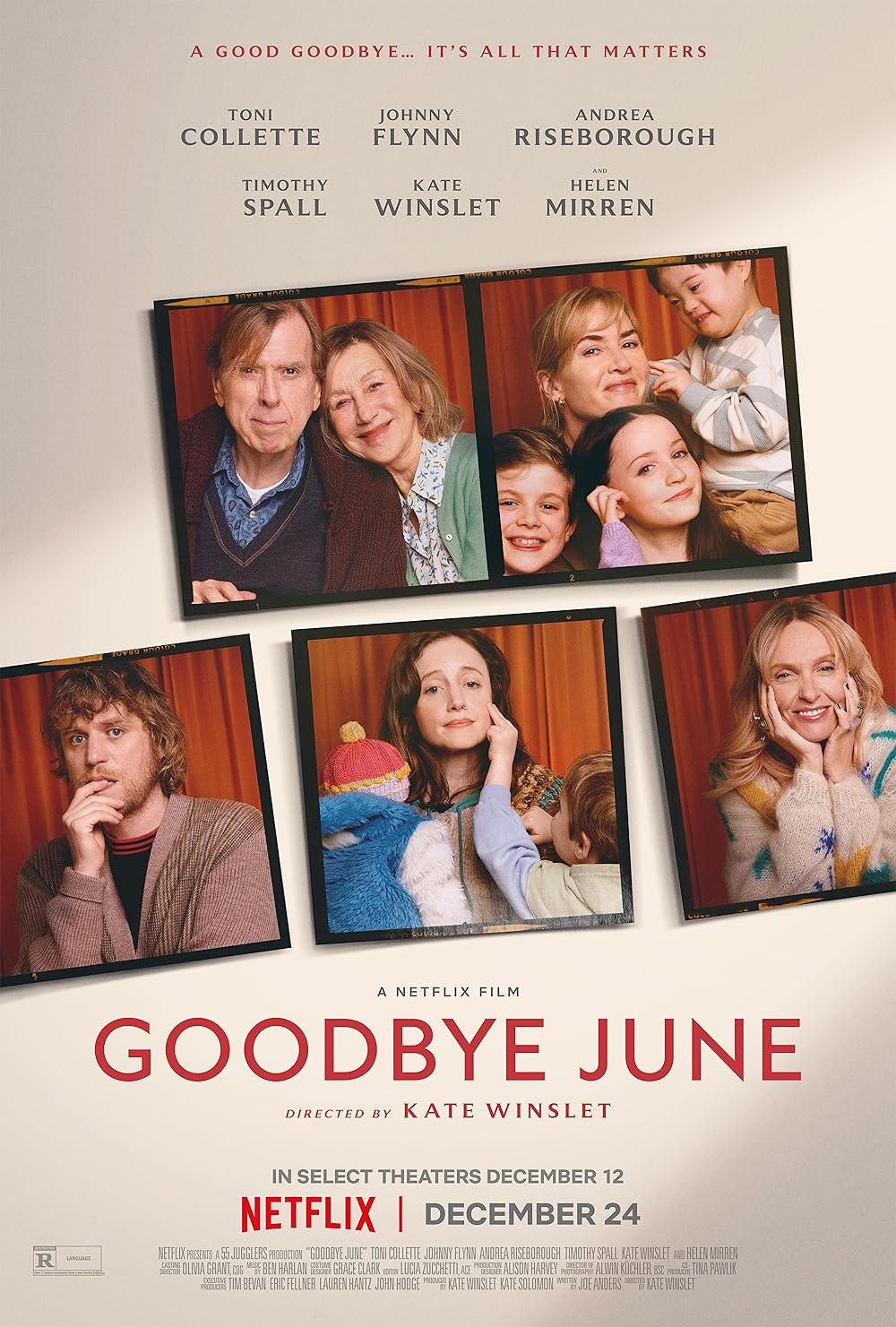
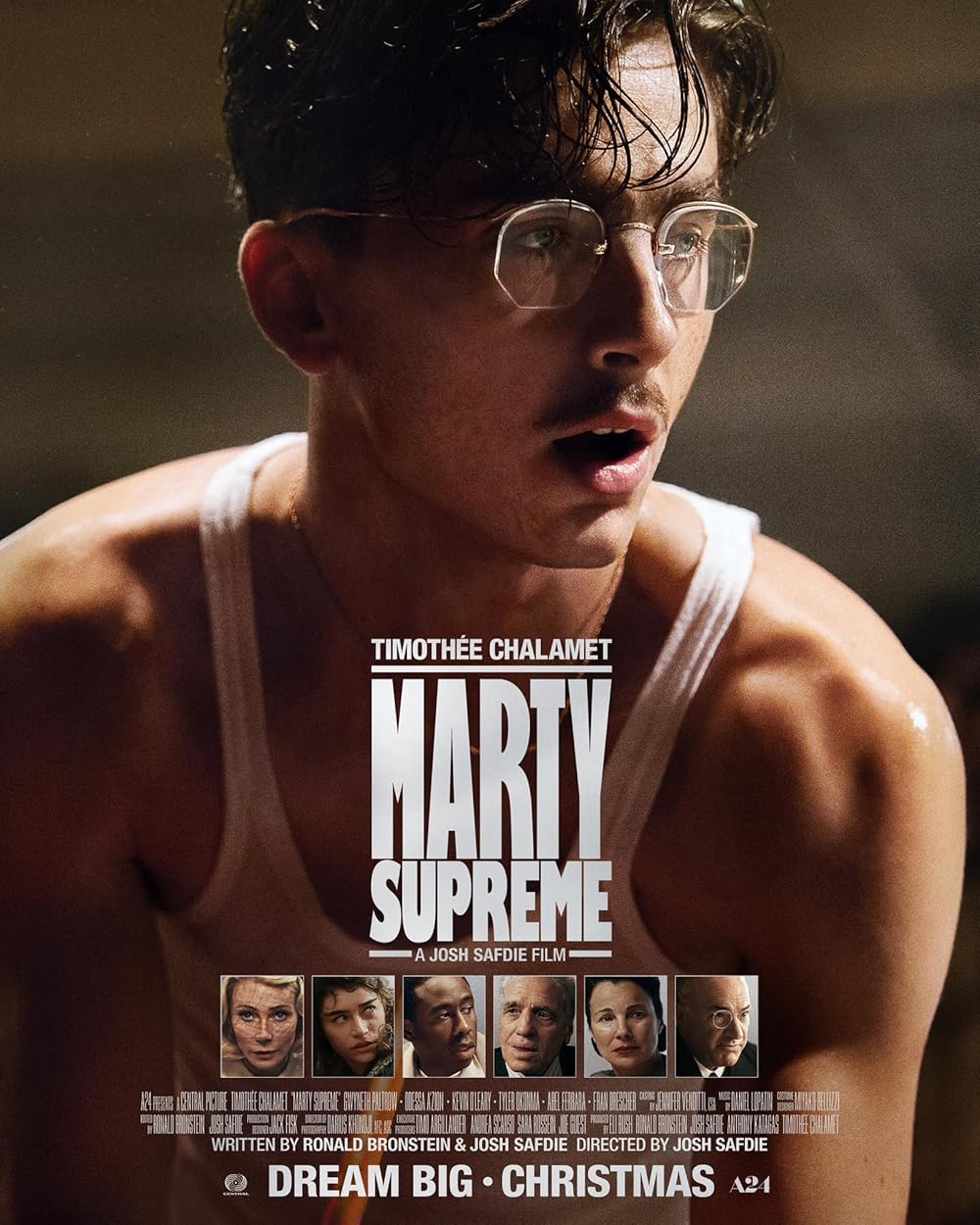
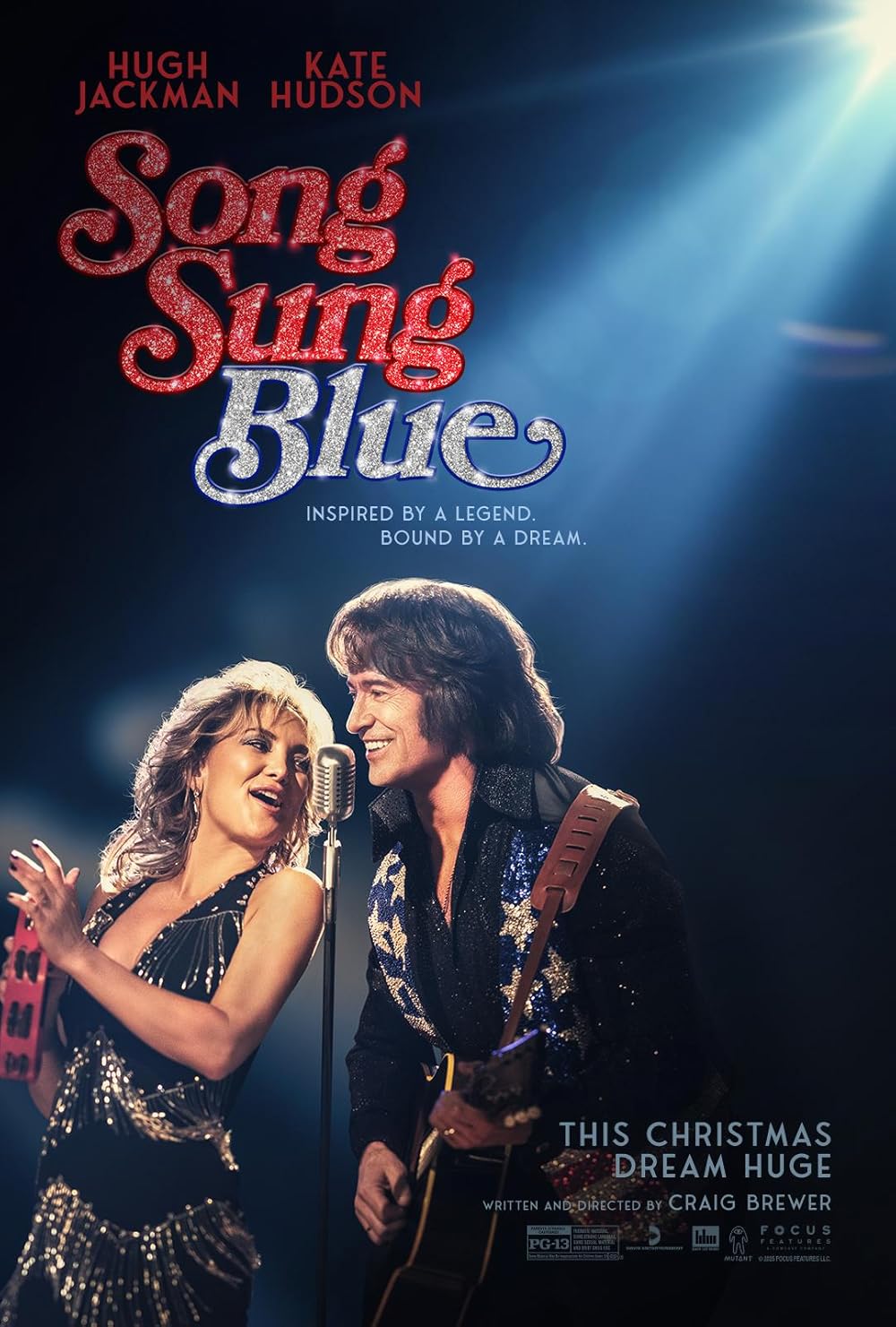
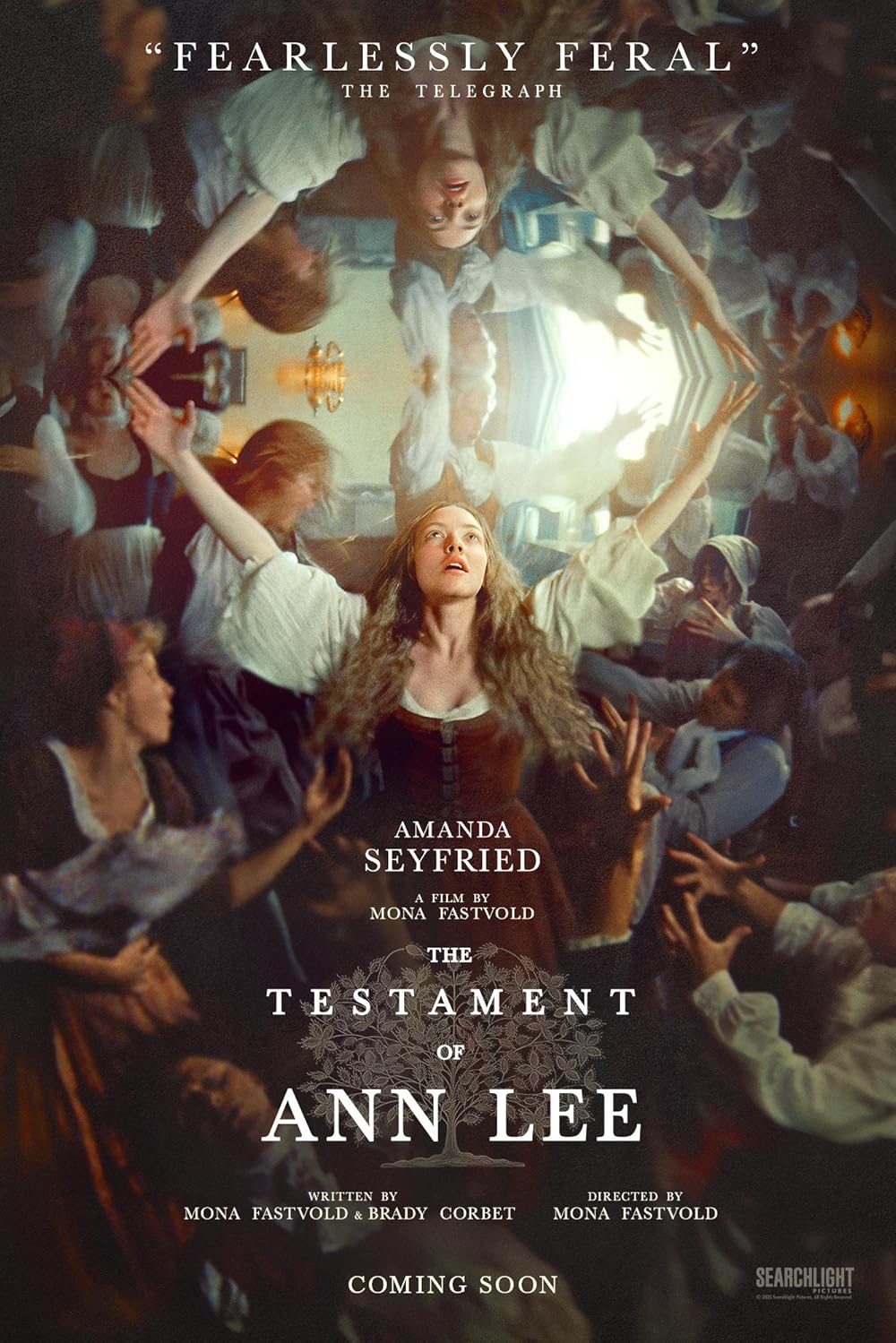 |
December 19, 2025
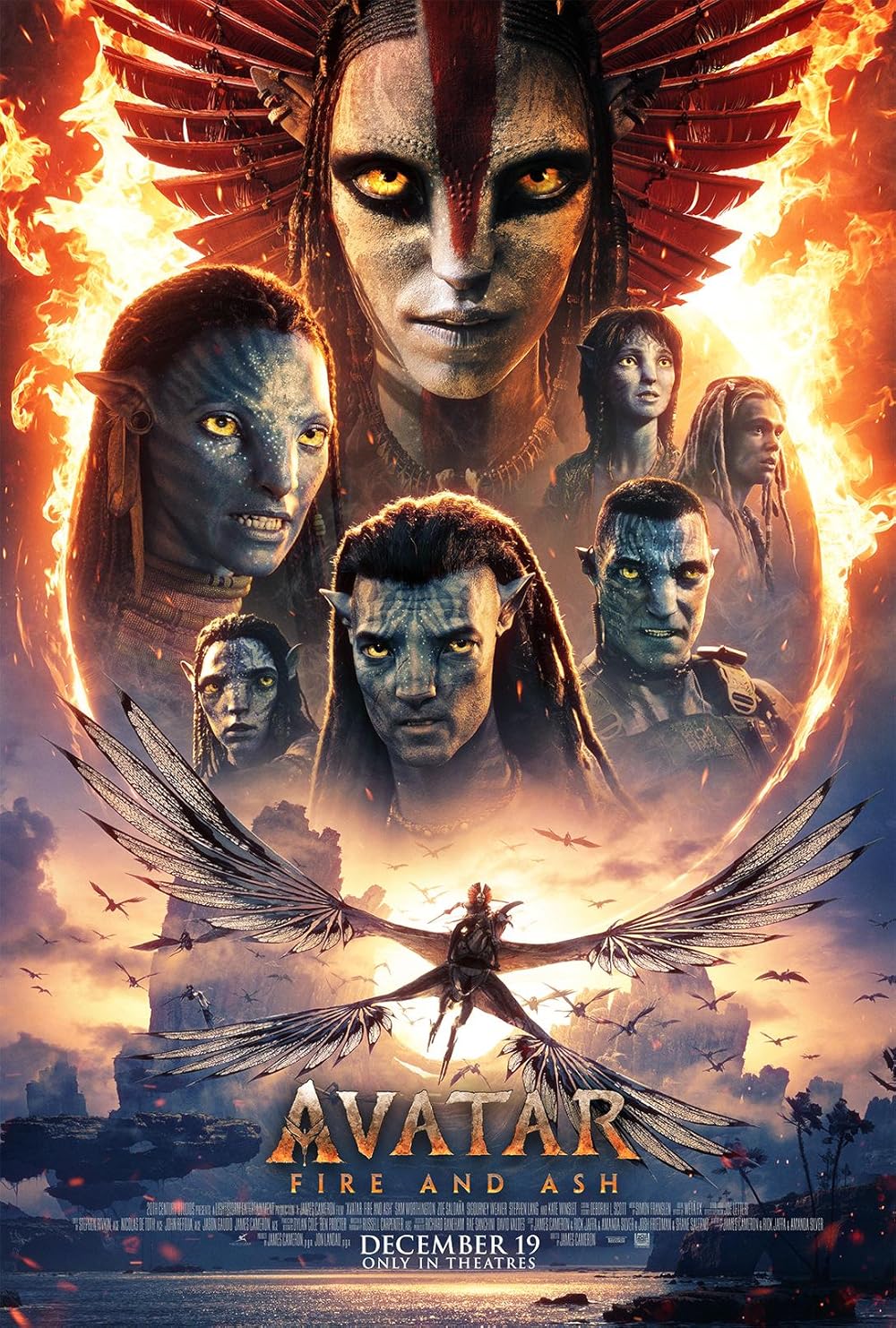

 |
December 12, 2025
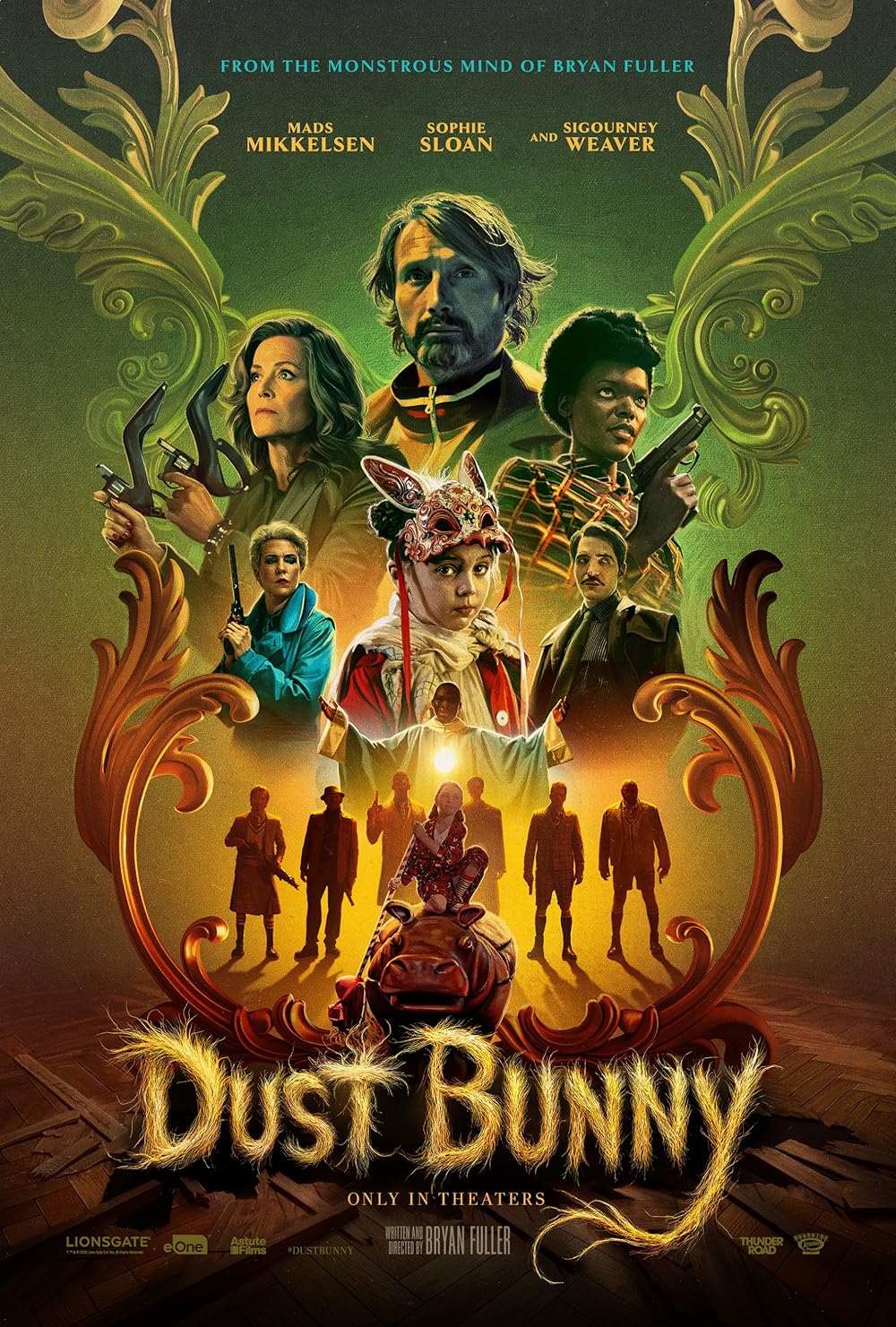
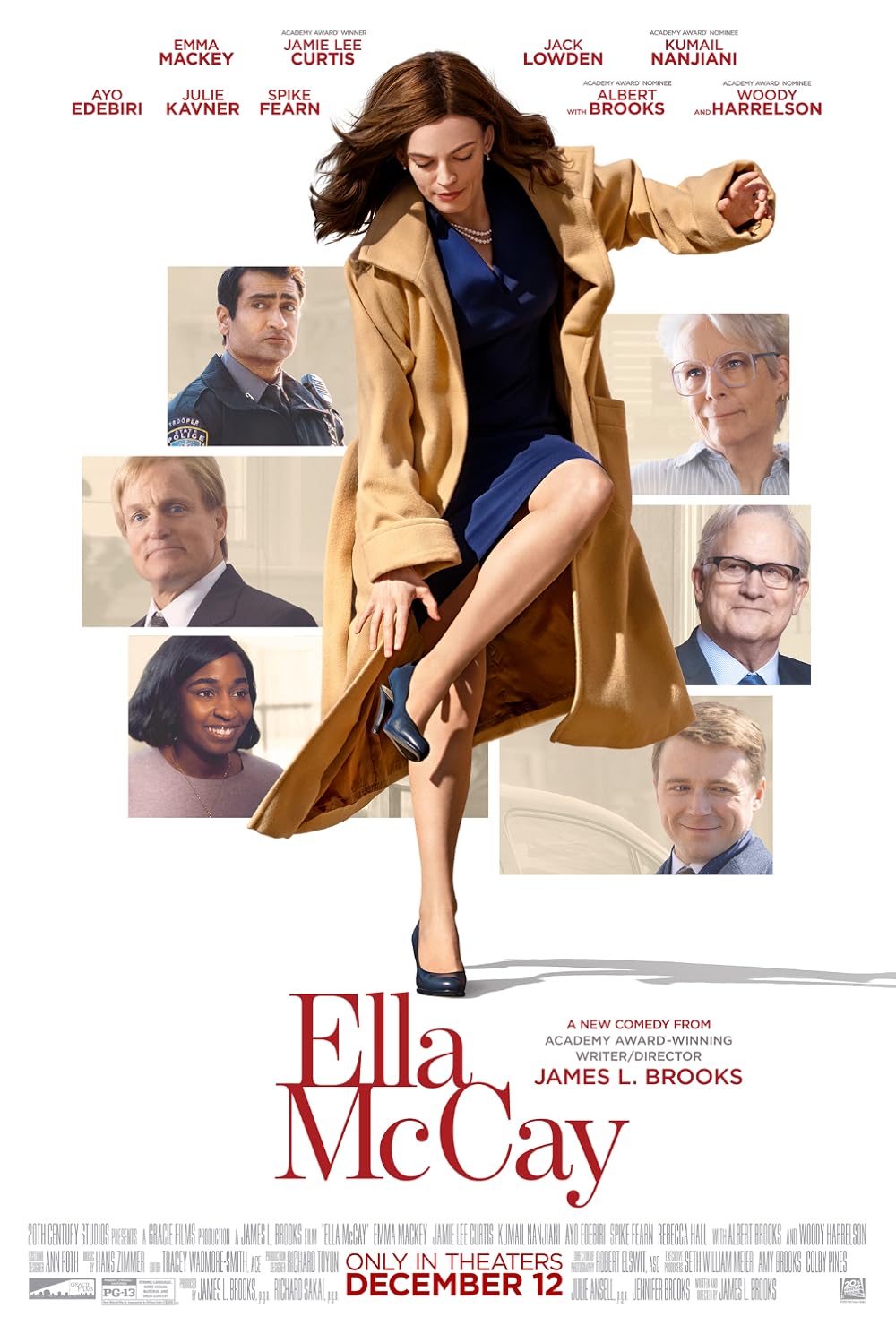
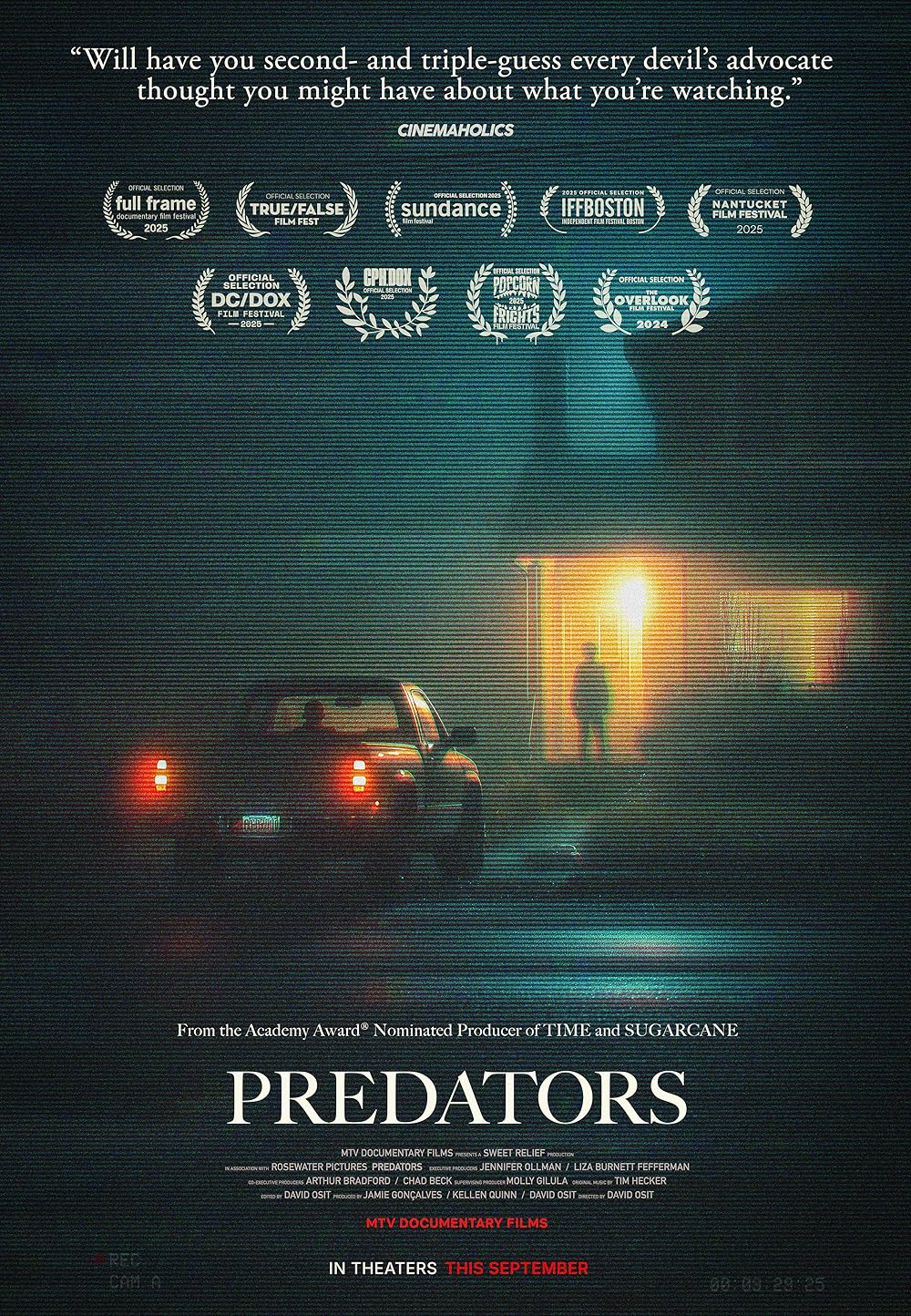
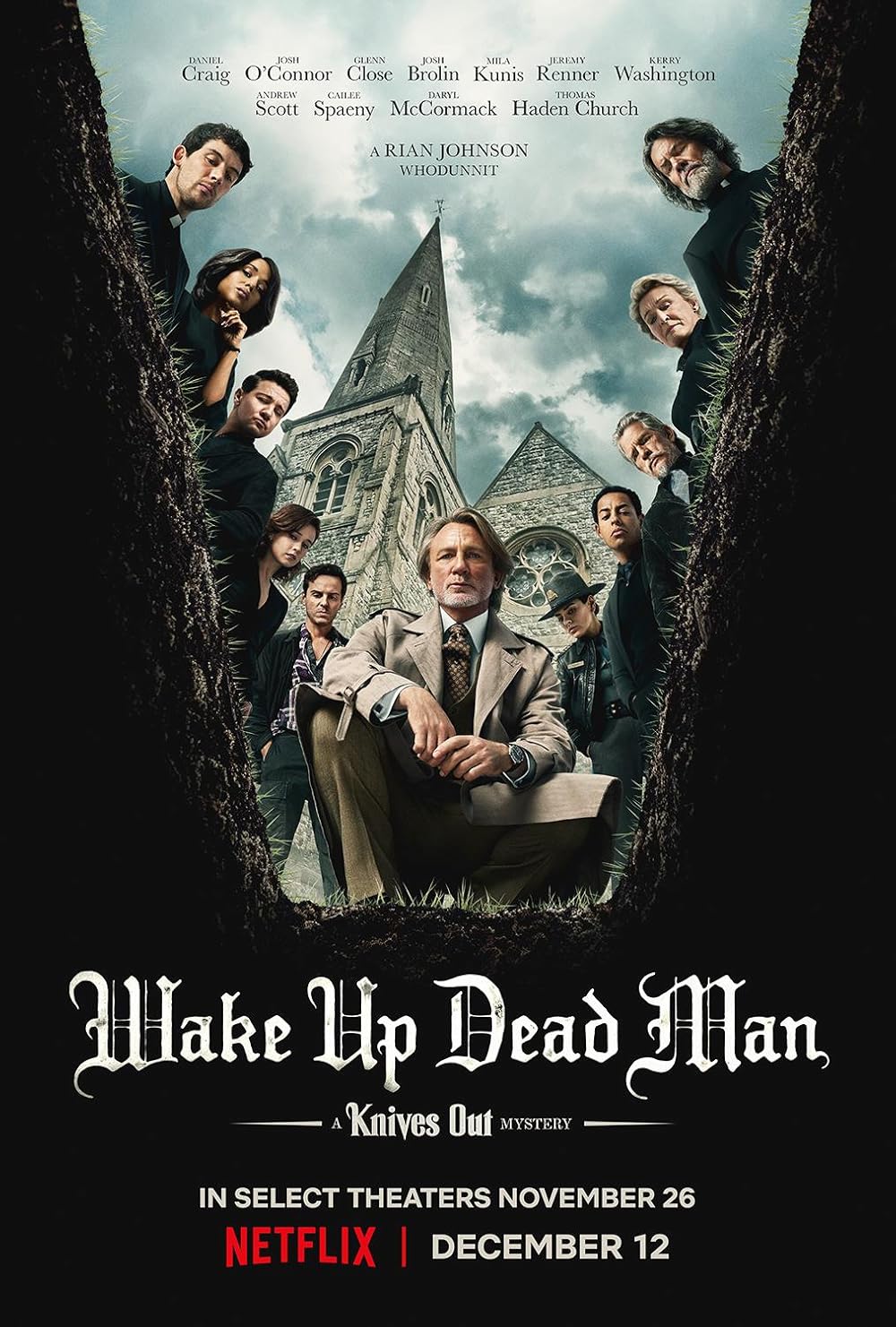 |
December 5, 2025
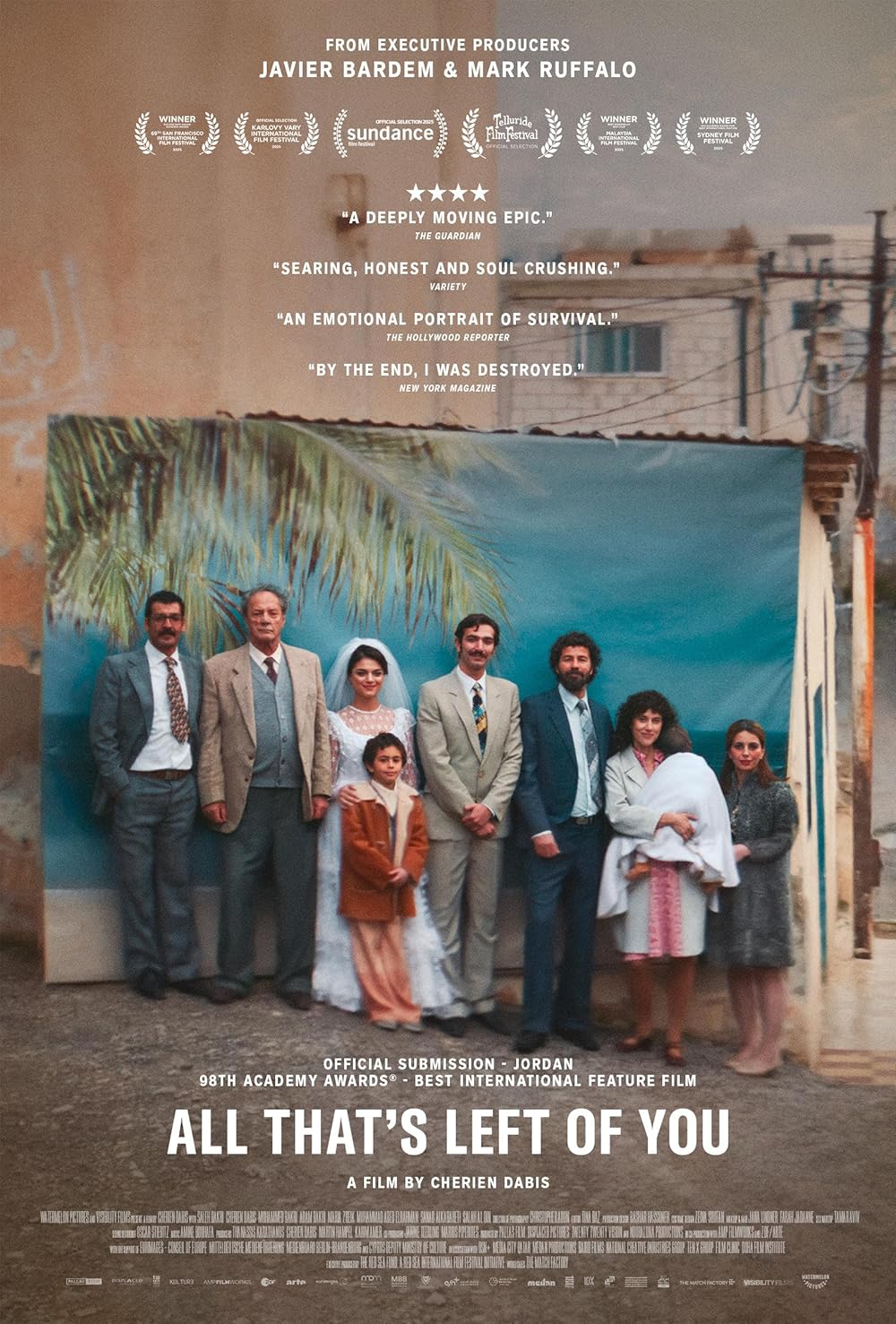

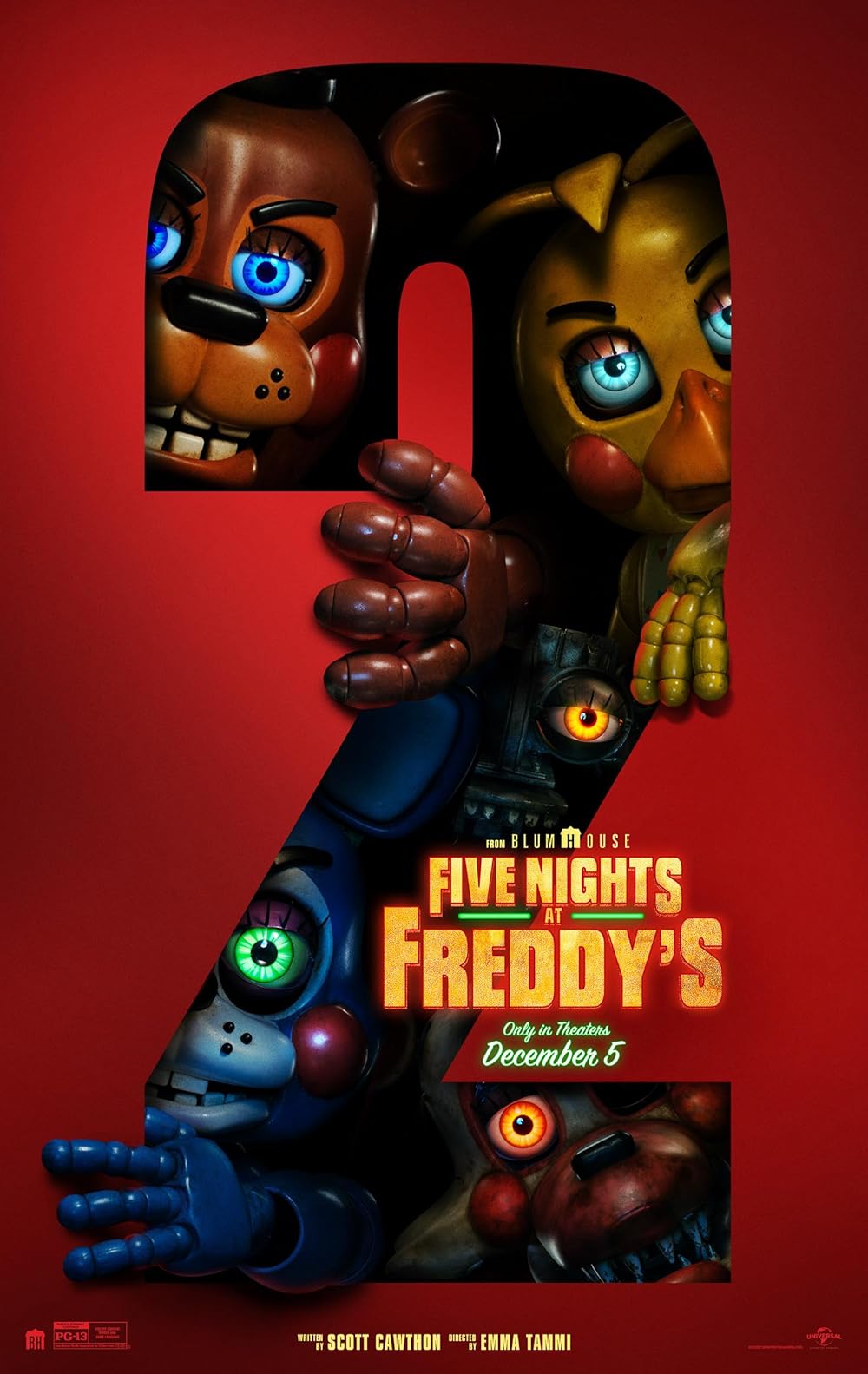

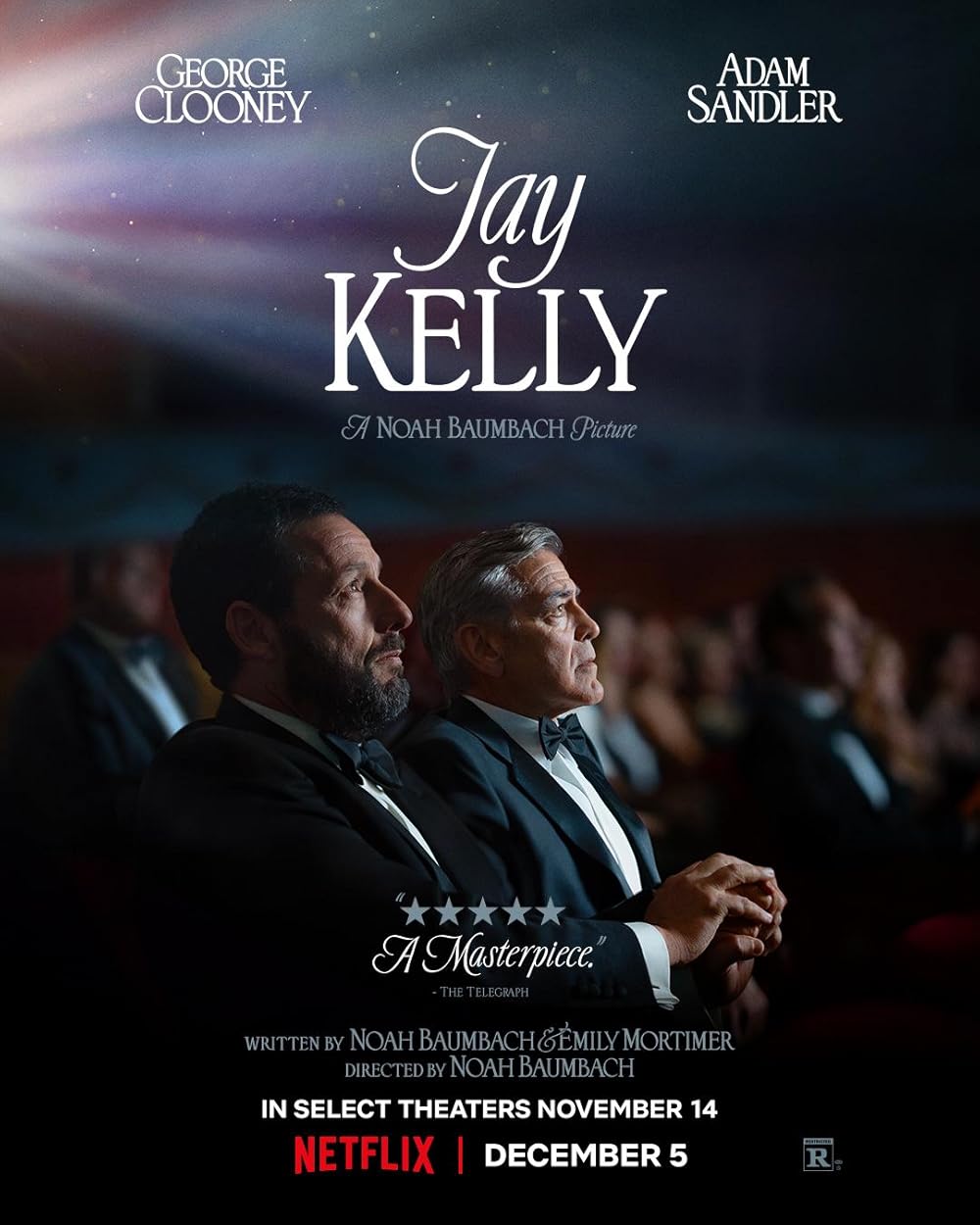
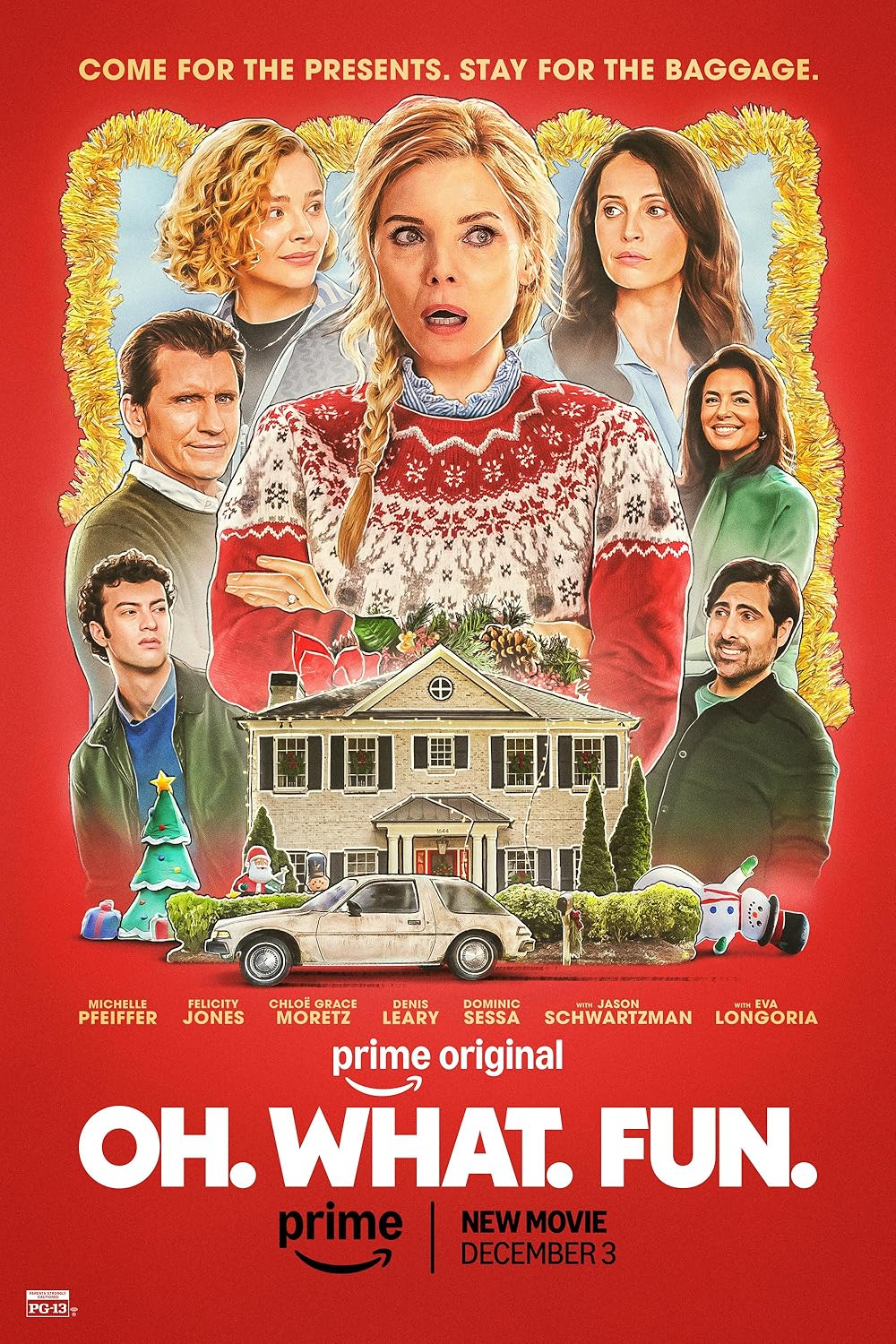
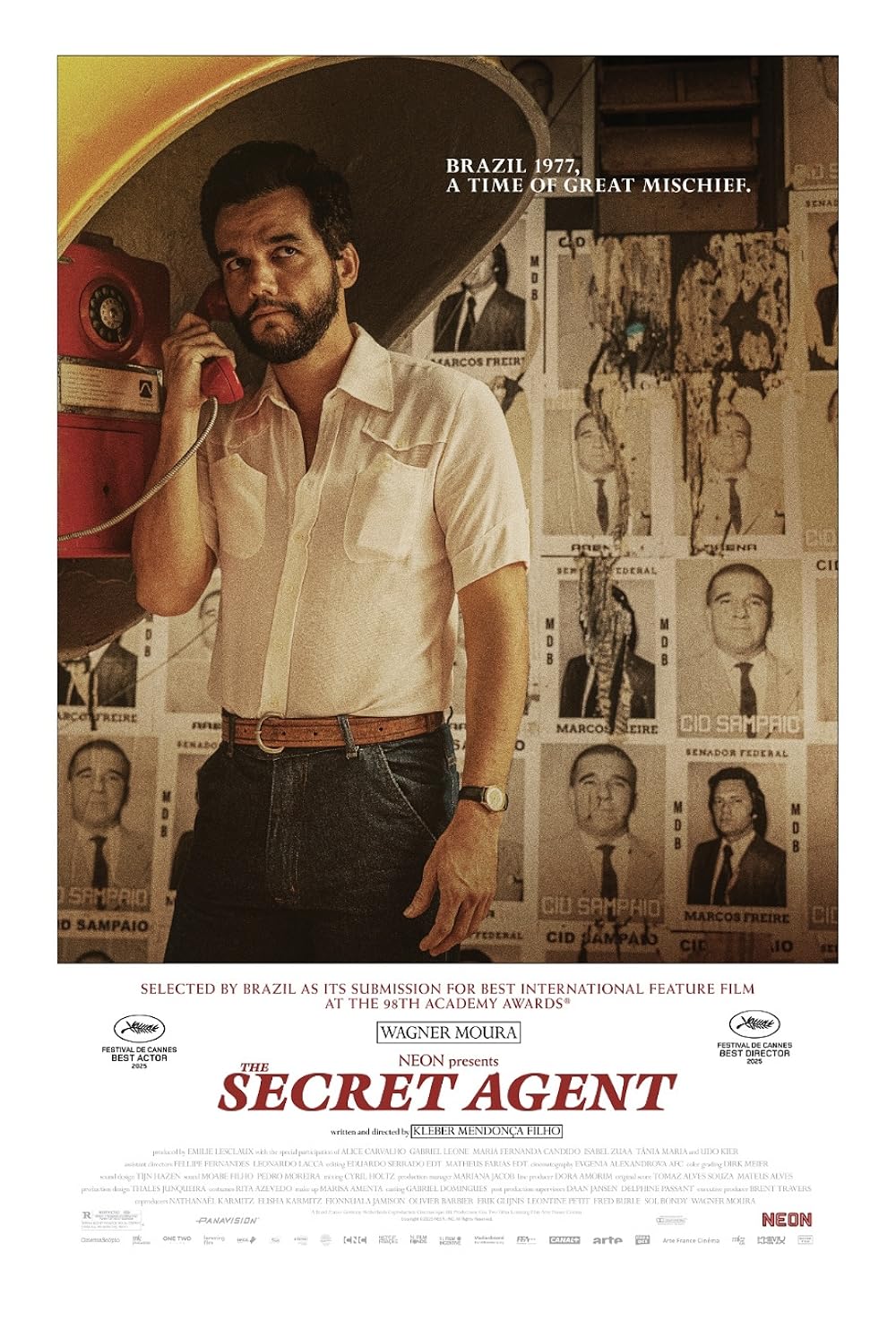 |
|
|
|
Slumdog Millionaire
(2008)
Directed by
Danny Boyle
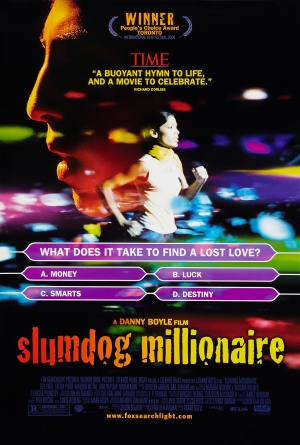
Review by
Zach Saltz
Danny Boyle’s
Slumdog Millionaire
comes
nicely-wrapped in stupefying critical and commercial praise as the
“feel-good movie event of the year;” why, then, does the “feel-good
event of the year” open with a sequence of graphic brutality featuring
its likable young protagonist being beaten into submission by the Mumbai
police, on phony charges that he rigged his correct answers during his
appearance of the Indian version of
Who Wants to Be a Millionaire?
Wasn’t
Die Another Day
proof enough that it’s better to make opening sequences that set a happy
and upbeat tone for the rest of the motion picture?
And with
Slumdog
Millionaire operating at a similar level of realism as a throwaway
Bond flick, the film better hope to leave its audience happy, because
“originality” and “unpredictability” are two things this film is not.
The opening sequence is neither realistic nor all that necessary
to the story, if one really thinks about it.
And finally, and most crucially, it takes the suspense out of the
remainder of the story.
Jamal is indeed the “genius” whose supernatural intelligence of course
lands him the top prize of 20 million rupees . . . or else why would he
be under such warped interrogation?
The only thing more predictable at the end of the first sequence
is that the movie will inevitably end in a great big kiss, with everyone
clapping in boundless joy (which it does).
Oy vay.
Excuse my negative vibes toward this motion
picture.
I understand Danny
Boyle’s intent in making it: he wants to make a lavish, opulent vision
of Mumbai to counter the daily images of gang violence and rampant
poverty we see each evening on the nightly news (read: escapist
entertainment).
It’s no
secret that the story is plagiarized Dickens
redux, with the orphan Twist
as its centerpiece, a cartoonish variation of Fagin corrupting his
innocent childhood, and the beautiful Estella barely escaping a perilous
fate through heroic Oliver intervening at precisely the right moment.
Formulaic films like this can work as long as there is some level
of sustained realism or poignancy in either the performances,
characterizations, or setting of the story.
But
Slumdog Millionaire
is about
as unrealistic, unfulfilling, and contrived material as has been made
all year.
The fact that it
seems to be universally lauded as one of the year’s best pictures is
stunning.
Have people
really seen this movie?
I
can only think that it appeals to viewers as a result of its undeniably
colorful, fast-paced style, and employment of the very same nauseatingly
rapid types of camera movements Boyle used in his breakthrough 1995
feature,
Trainspotting.
But being colorful and lively is an explanation for why children
would like the Power Rangers and Ninja Turtles; I would expect the
tastes of adult audiences to be more sophisticated.
The film stars Dev Patel as Jamal, the boy genius
whose success on the Indian version of
Millionaire
is actually the
result of dumb luck (Dickens at least explicitly characterized Twist as
unnaturally gifted).
While
Patel is likable enough as The Plucky Unlikely Hero, there is very
little range in his role, as he seems content to frown pensively
whenever possible.
Other
significant players include Salim (Madhur Mittal), The
Good-Brother-Turned-Evil, and The Love Interest, Latika (the Indian
model Freida Pinto) who Jamal pines after because . . . well, no real
explanation is given except that the three were somehow “musketeers”
earlier in life (but as the film so symbolically states, Jamal cannot
remember the name of the third; foreshadowing, anyone?)
The mob is of course who Jamal is fighting against, though their
semblance seems thrown-together, without very much time devoted to
nuanced character development within its ranks (only that Salim
eventually ascends to the top, no real surprise there.)
The only instance of the infamous real-life ethnic warfare
actually plaguing the streets of Mumbai comes at the most convenient of
times (when Jamal and Salim’s mother is killed off) and when Jamal and
Salim begin scheming at the Taj Mahal, it comes off less as cute and
more as disappointingly laugh-seeking (besides, what western-made movie
could be shot in India and
not
feature the Taj Mahal, right?)
Oh, and did I forget to mention that the movie is told in a
wildly contrived nonlinear fashion of showing how each question on the
show being posed to Jamal relates to some significant earlier event in
his life (sometimes through the most slippery of circumstances, like the
questionable relationship of the Rinku Kikuchi subplot in
Babel
to the rest of the
movie.)
One final disturbing element in the picture is the
obvious level of American influence in how
Slumdog Millionaire
is
constructed.
Instead of
using authentic Indian music, Boyle uses wildly inappropriate
pop-infused songs such, as “Paper Planes” by M.I.A.(used to far better
effect in
Pineapple Express).
Besides the obvious significance of the
Millionaire
game show
(apparently hosted in India by a man bearing a suspicious resemblance to
Regis Philbin), the actors speak in English using thinly-veiled Hindi
accents, and the only real evidence of uniquely Indian attributes is the
crowd-pleasing dance number at the end of the feature.
Is this truly reflective of an
Americanized third world, or is it merely a device not-so-tactfully
employed by the filmmakers to make the movie more palatable to American,
western audiences?
Not that
it really needs to be, since any half-educated filmgoer can see a mile
away that the story a formulaic cross between
Good Will Hunting
and
Quiz Show
in shameless Hindi
drag.
I may be criticizing
Slumdog Millionaire
too
heavily.
It was admittedly
never really boring and was technically proficient for the most part.
The story suffers from the cardinal cinematic sin of being
completely and utterly predictable, but then again, so does most
affecting Bollywood entertainment, such as
Lagaan
and the films of
Satyajit Ray.
What bothers
me is the level of ingenuity and resonance lovers of the film are unduly
bestowing on it simply because its half-realized story has been
transplanted halfway across the world.
Films
like
Tsotsi and
Hotel Rwanda
dared to
incorporate the realities of their poverty-stricken settings as a
central dynamic in the framework of their stories.
Slumdog
Millionaire is eye candy to be sure, but a realistic look at the
changing face of
India
(as well as substantive Oscar-worthy material) it is most assuredly not.
Rating:

|
|
New
Reviews |
Reactions to the Nominations

Written Article - Todd |
2026 Oscar Predictions: Final

Written Article - Todd |
Todd Most Anticipated #5

Podcast Featured Review |

Podcast Review - Todd |

Podcast Review - Terry |

Podcast Review - Zach |
10th Anniversary
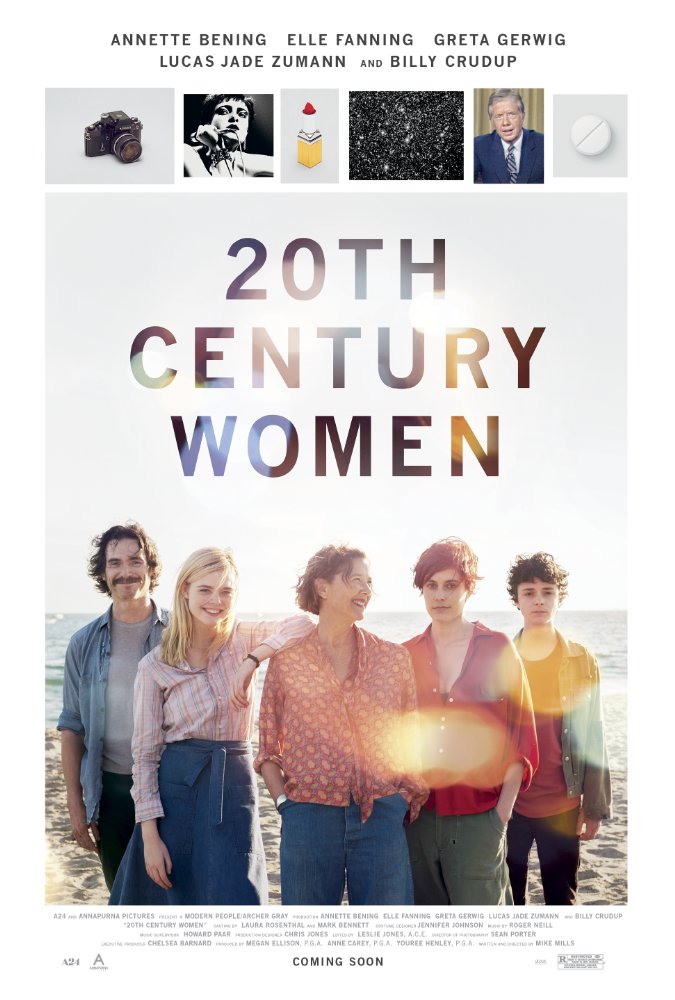
Podcast Oscar Review - Terry |
Director Blindspot Watch
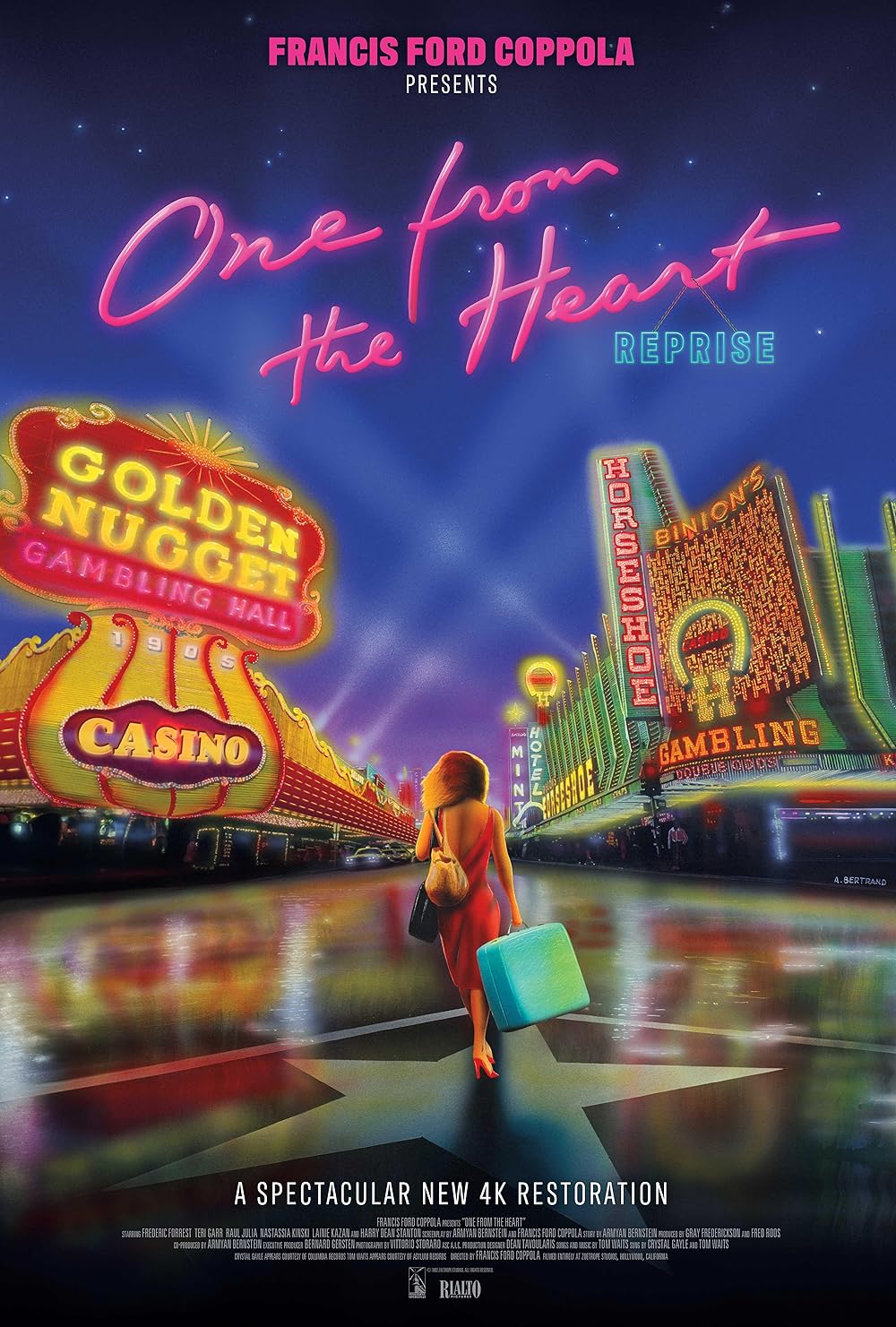
Podcast Review - Todd |
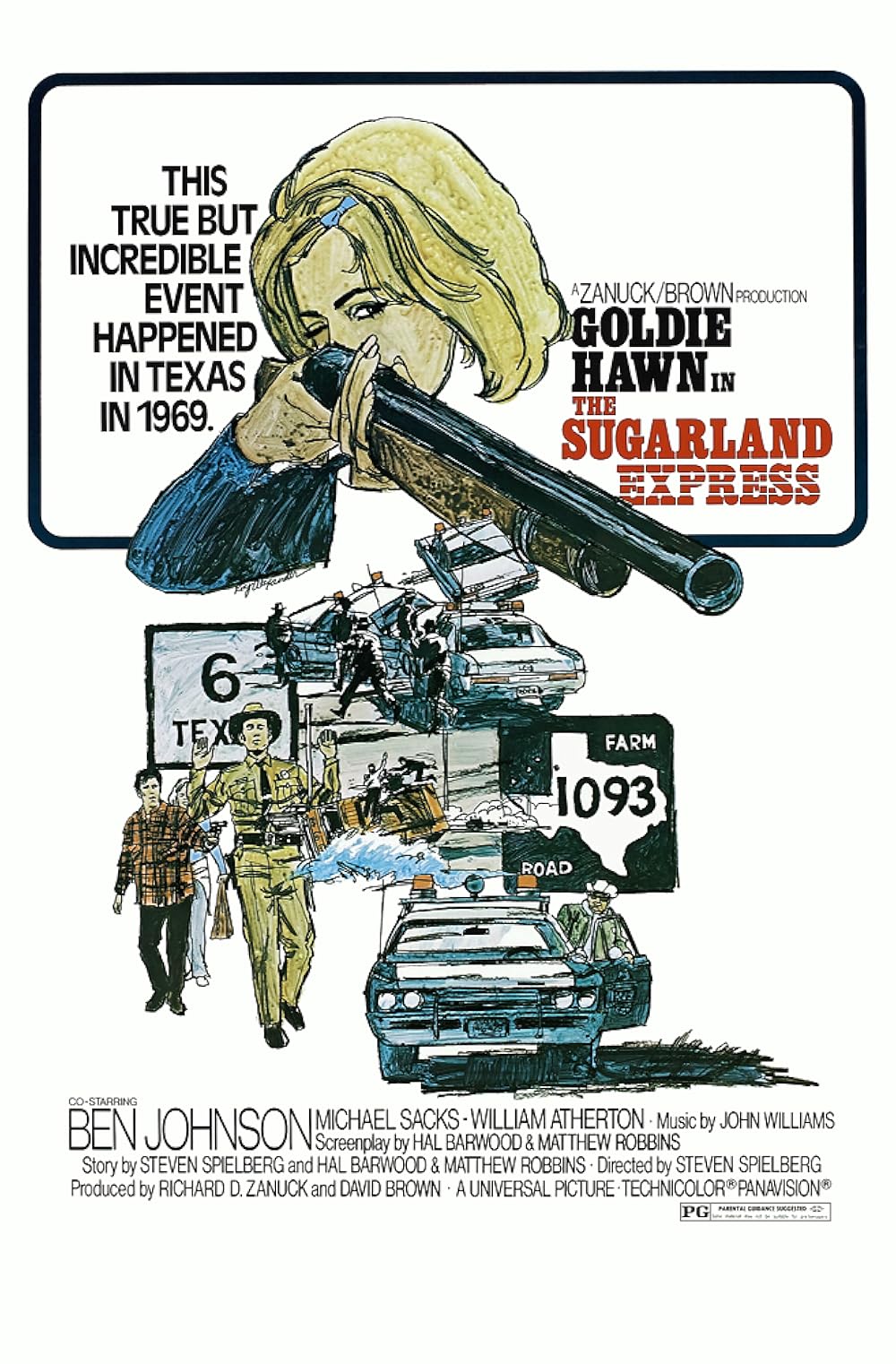
Podcast Review - Zach |
Ford Explorer Watch
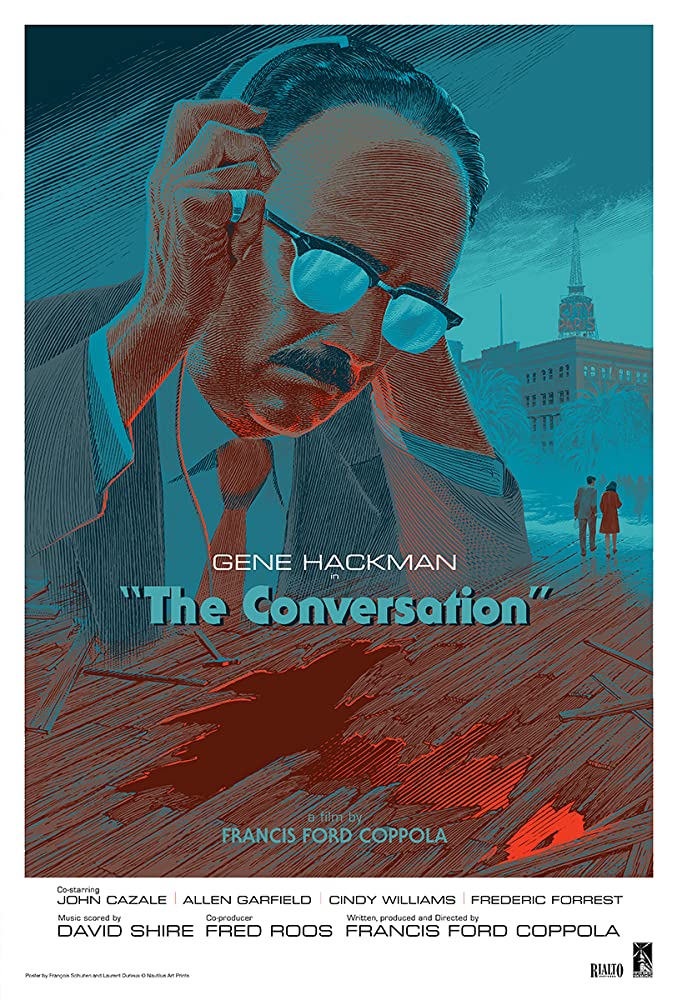
Podcast Review - Adam |
2027 Oscar Predictions: Jan.

Written Article - Todd |
Terry Most Anticipated #2

Podcast Featured Review |

Podcast Review - Terry |

Podcast Review - Zach |
20th Anniversary
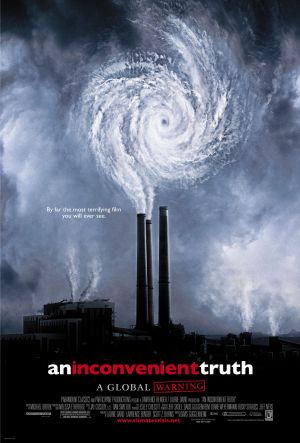
Podcast Oscar Review - Terry |
Ford Explorer Watch
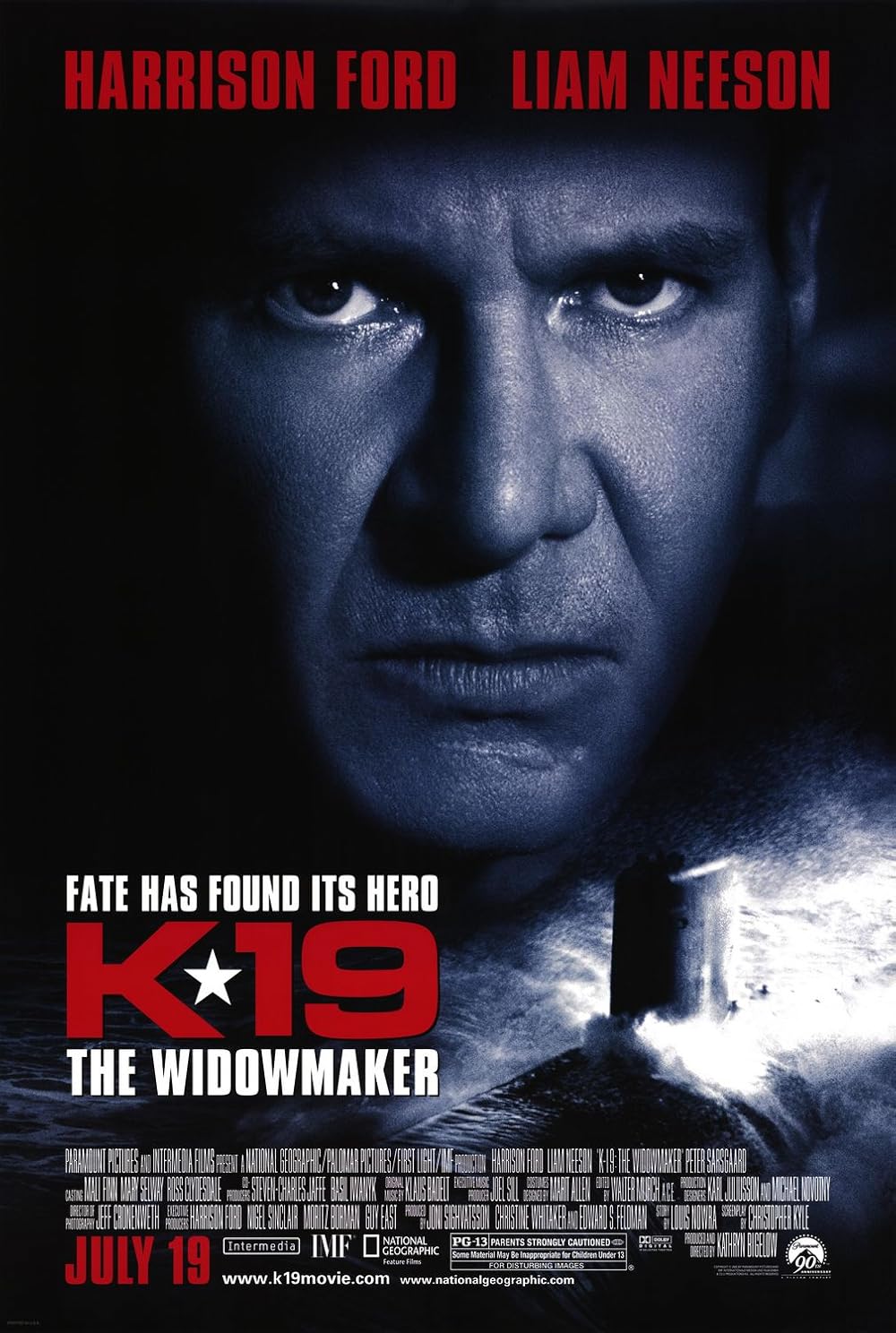
Podcast Review - Adam |
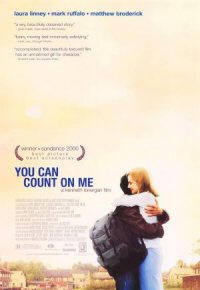
Podcast Trivia Review - Adam |
Director Blindspot Watch
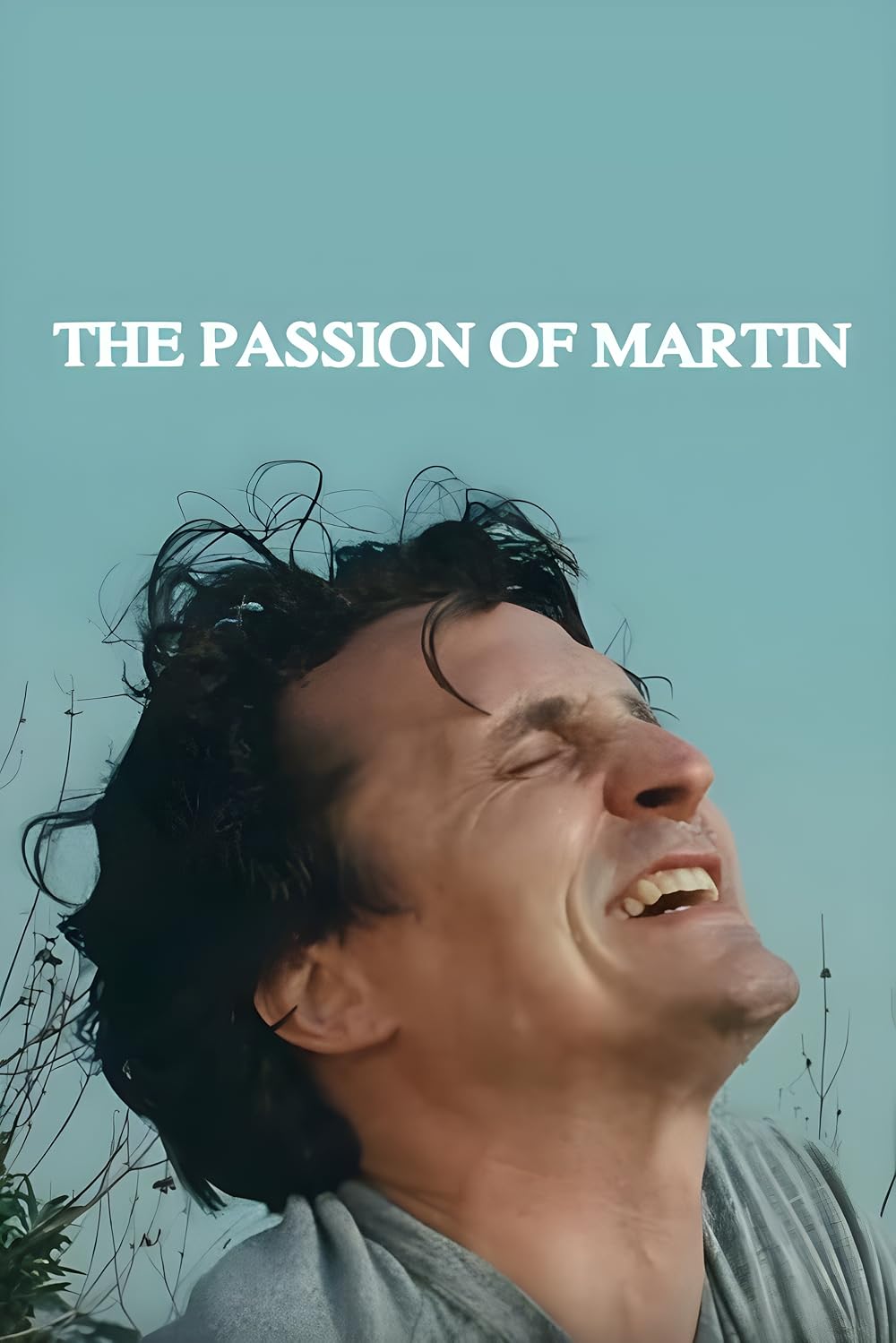
Podcast Review - Todd |
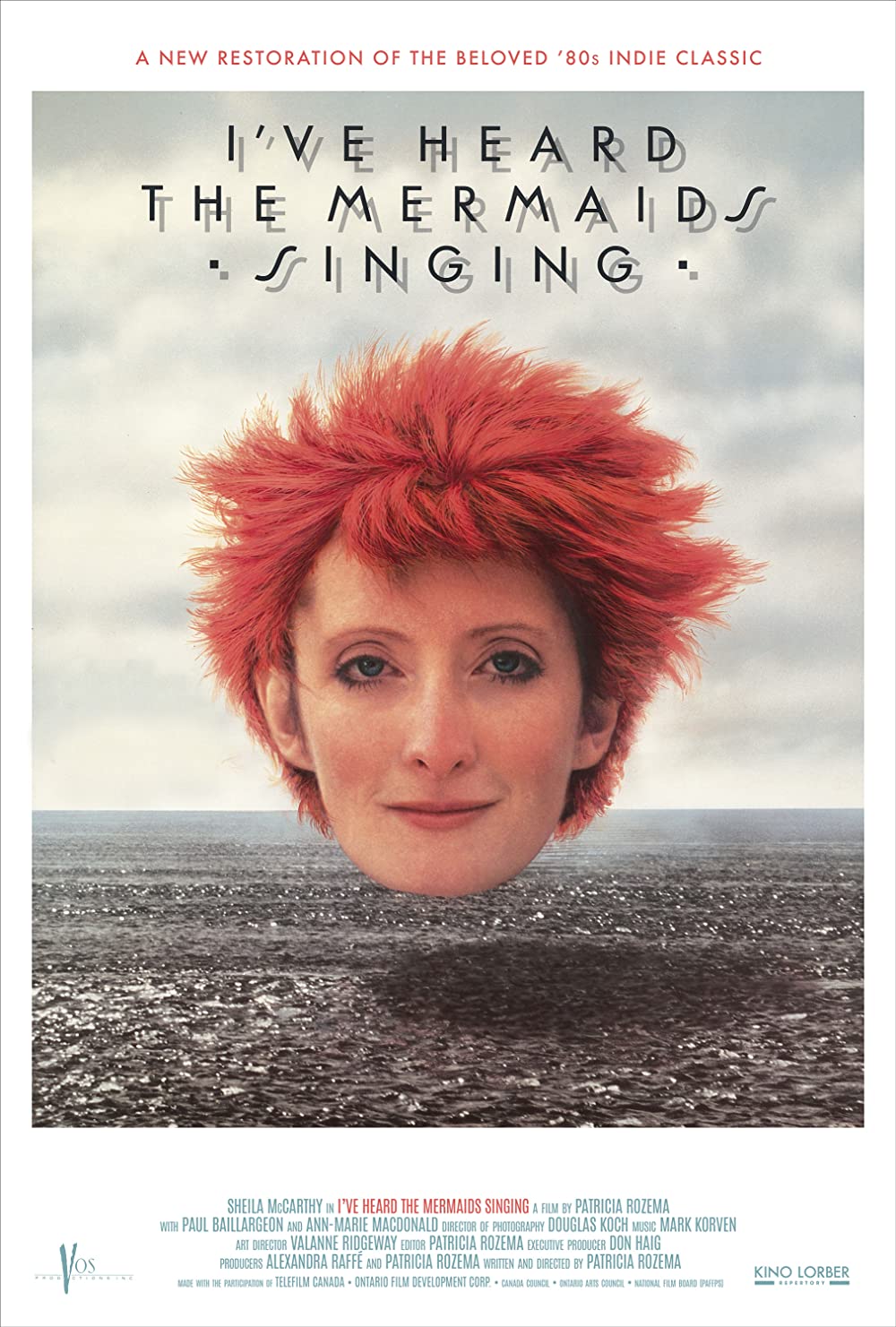
Podcast Trivia Review - Todd |
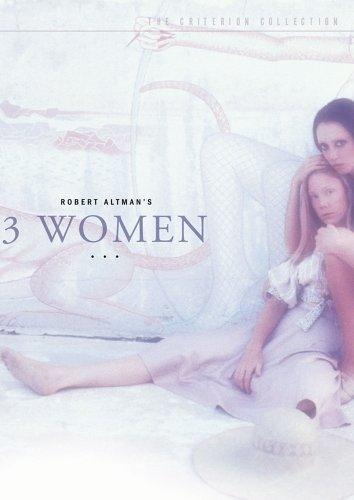
Podcast Trivia Review - Terry |
25th Anniversary

PODCAST DEEP DIVE |

Podcast Featured Review |

Podcast Review - Adam |

Podcast Review - Terry |

Podcast Review - Terry |
Indie Screener Watch
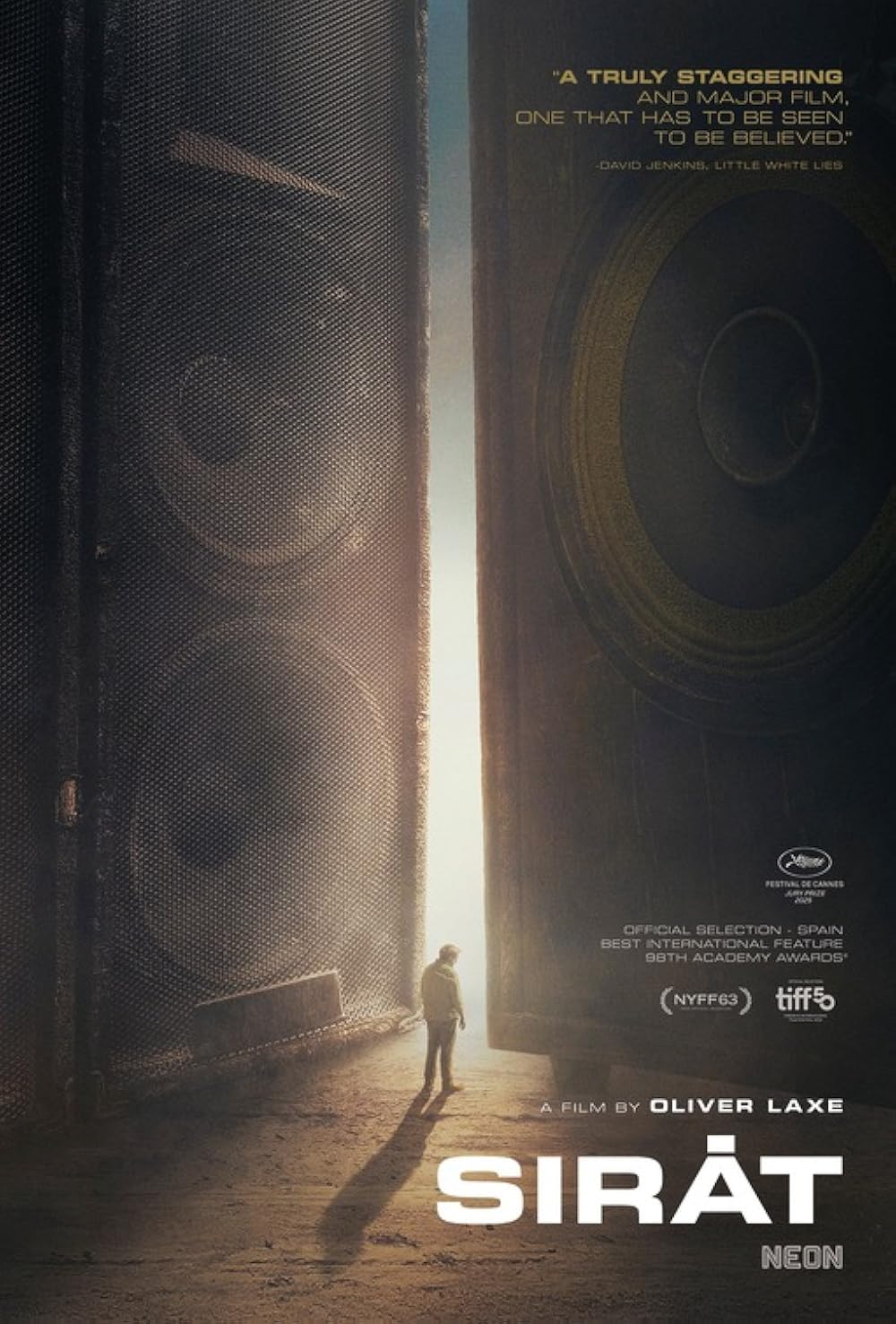
Podcast Review - Todd |
|
|
|